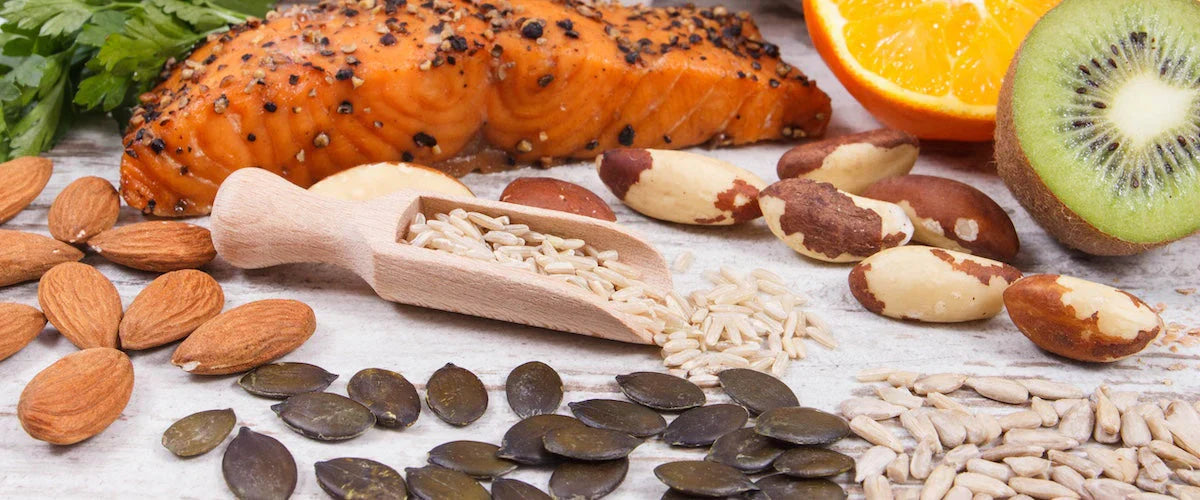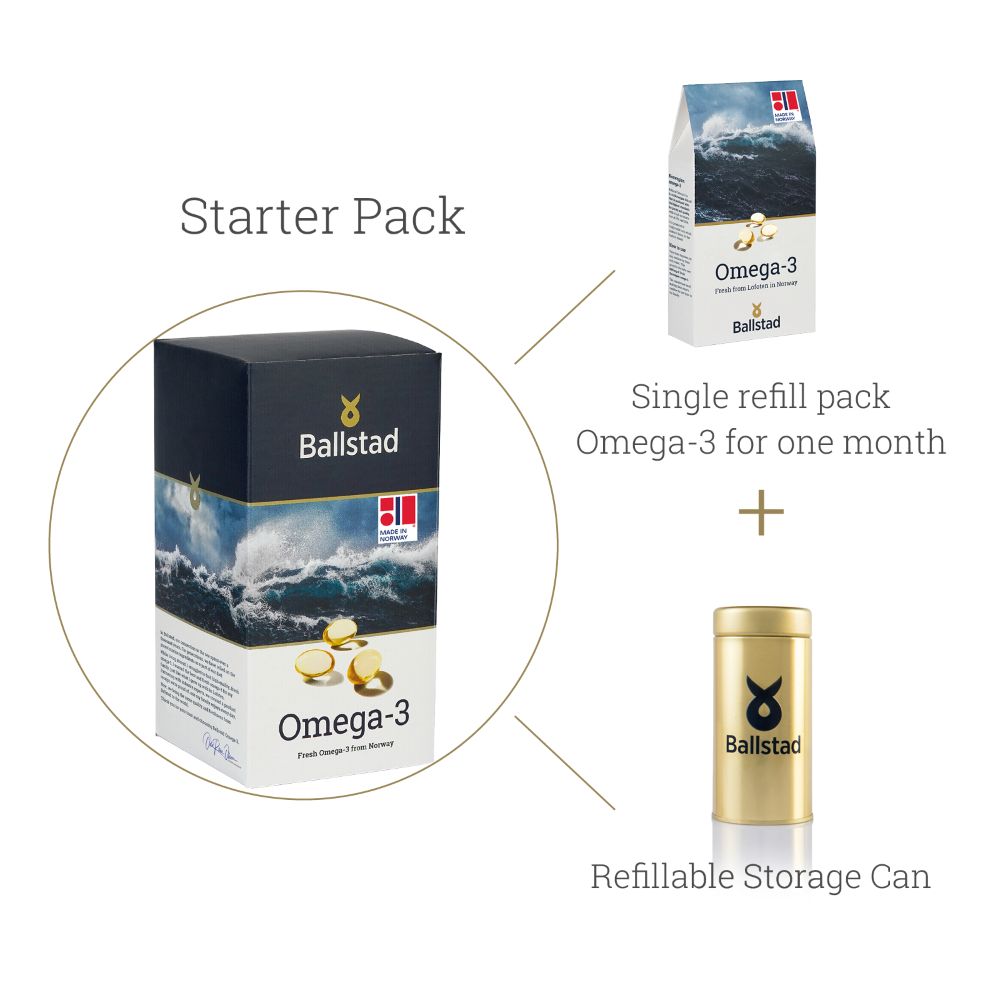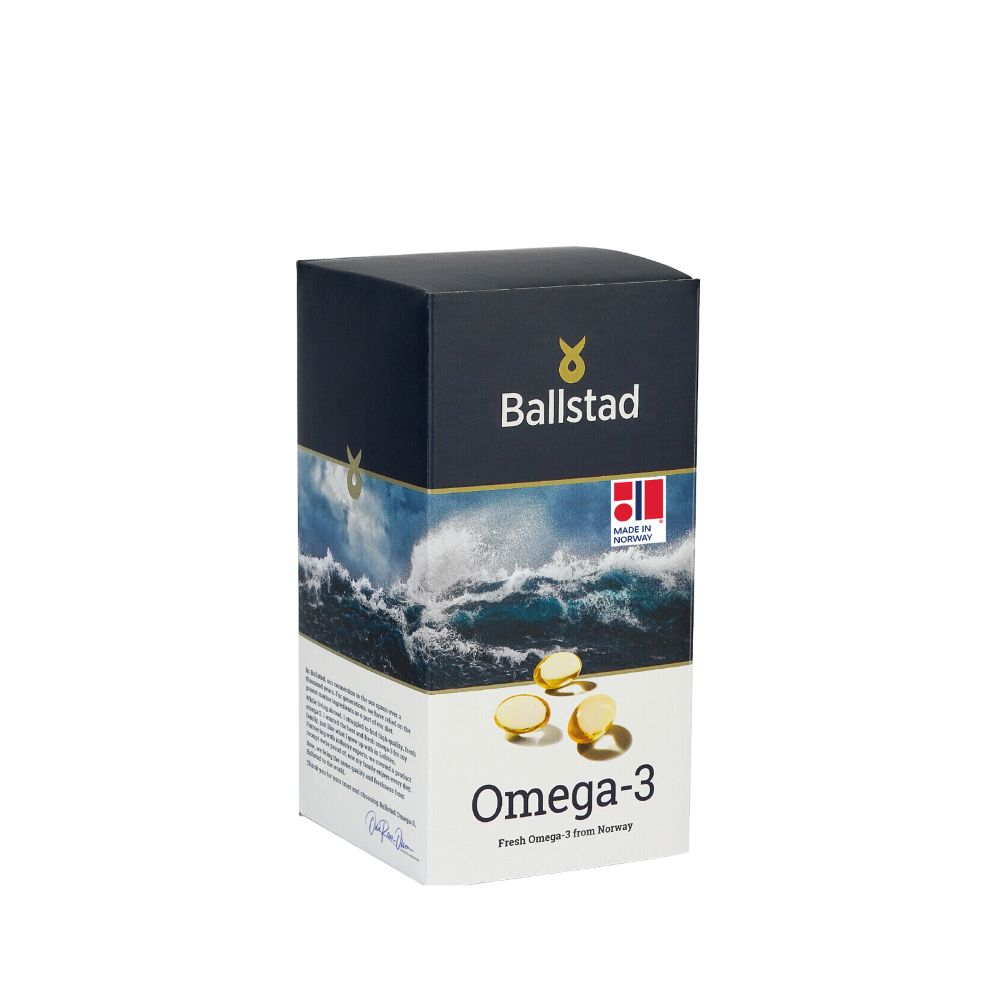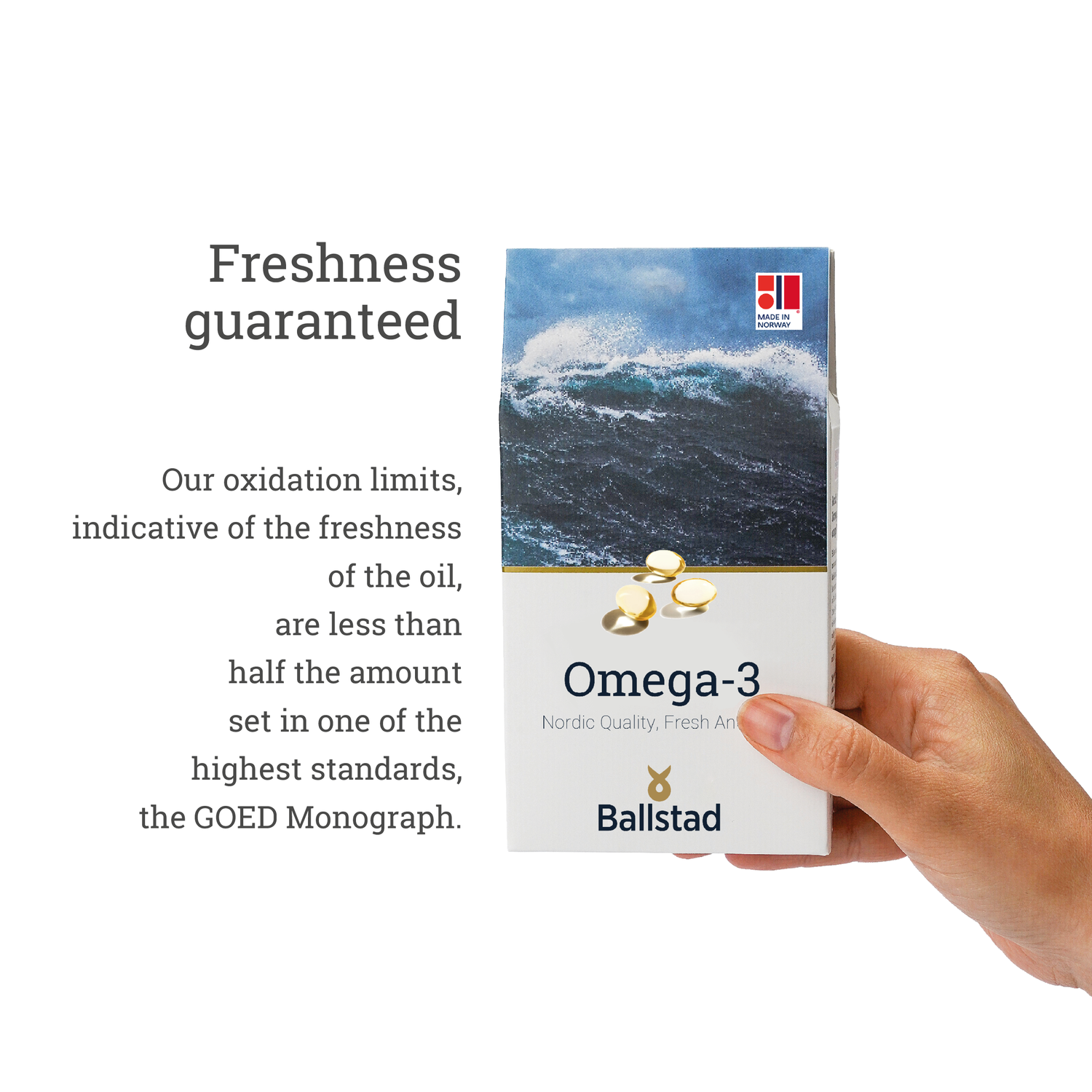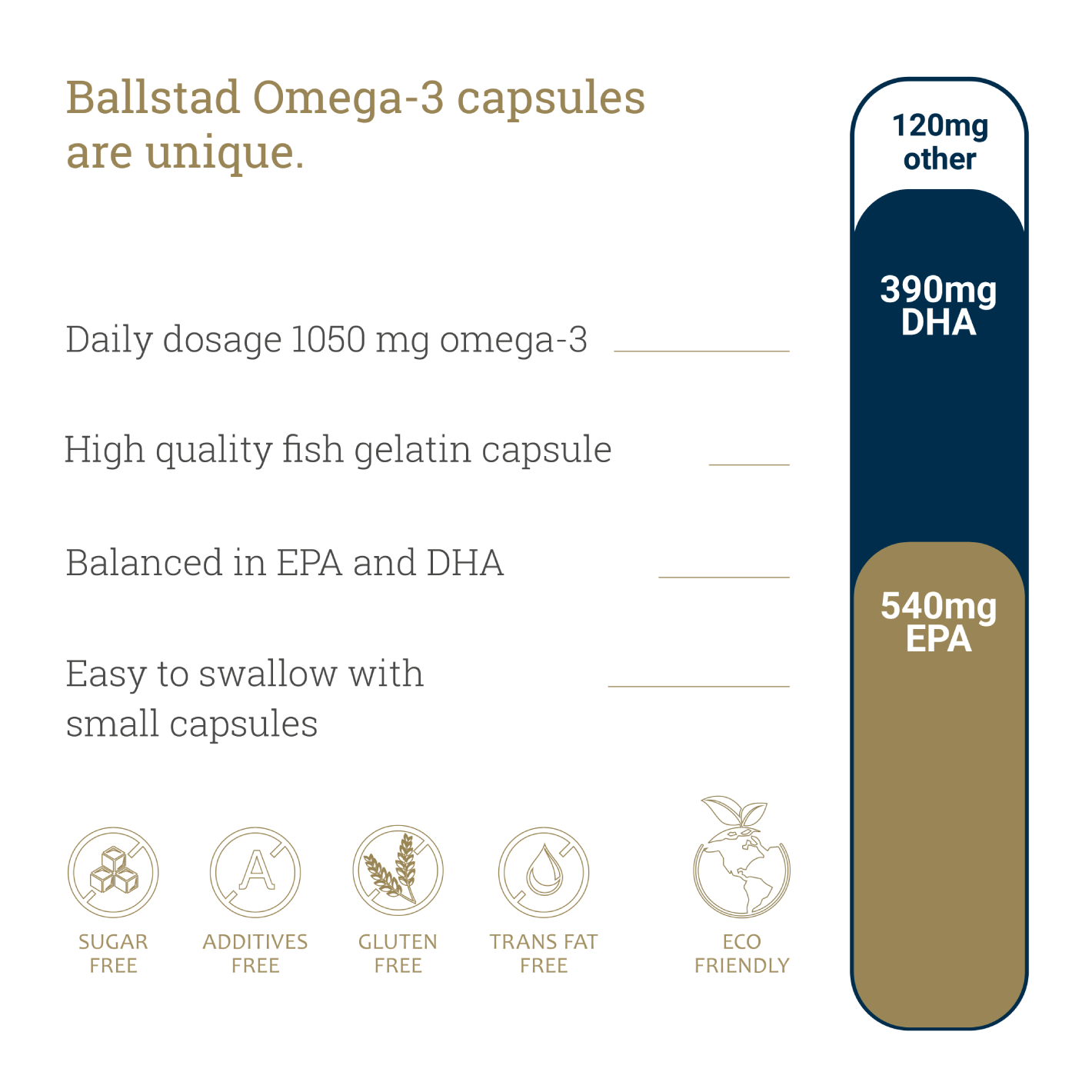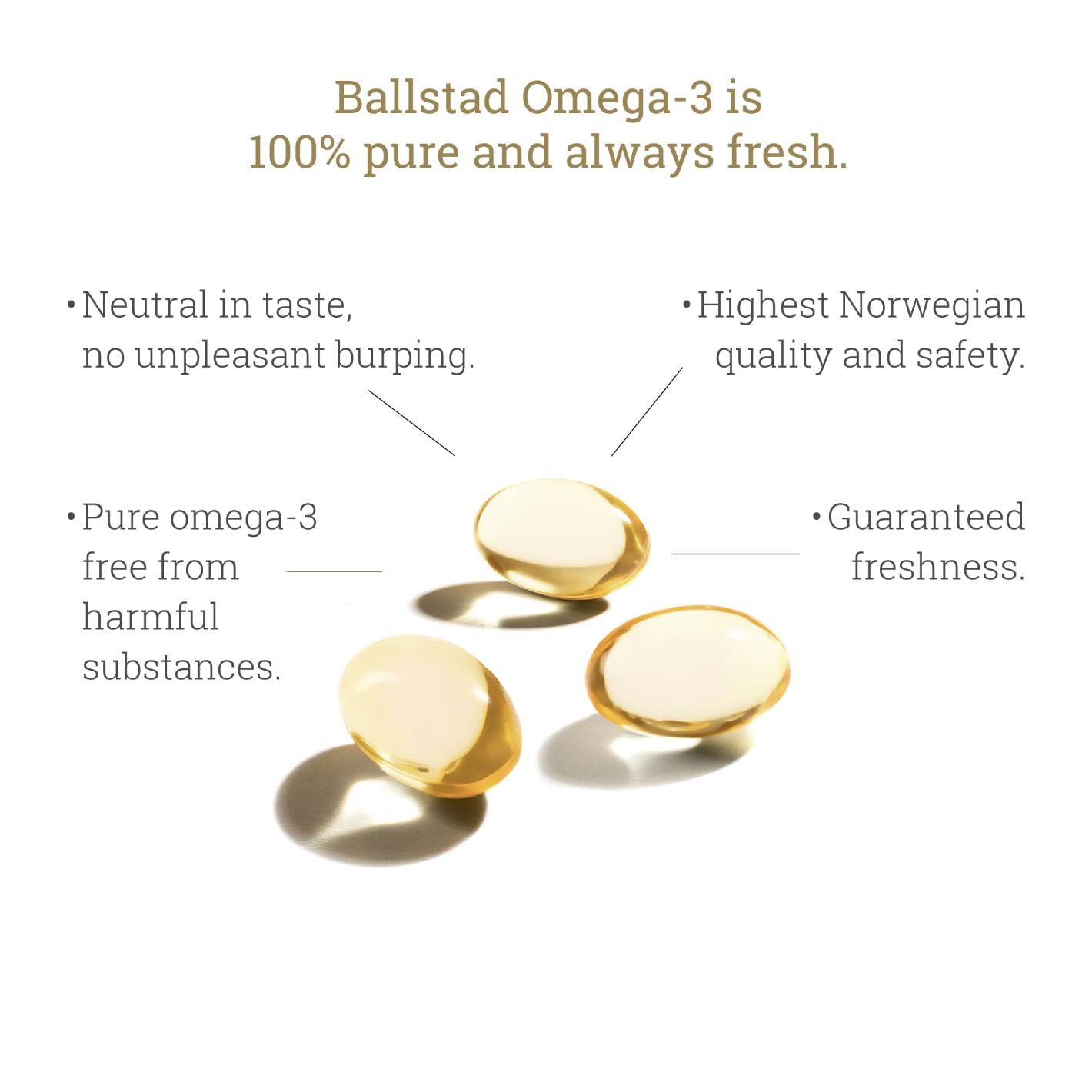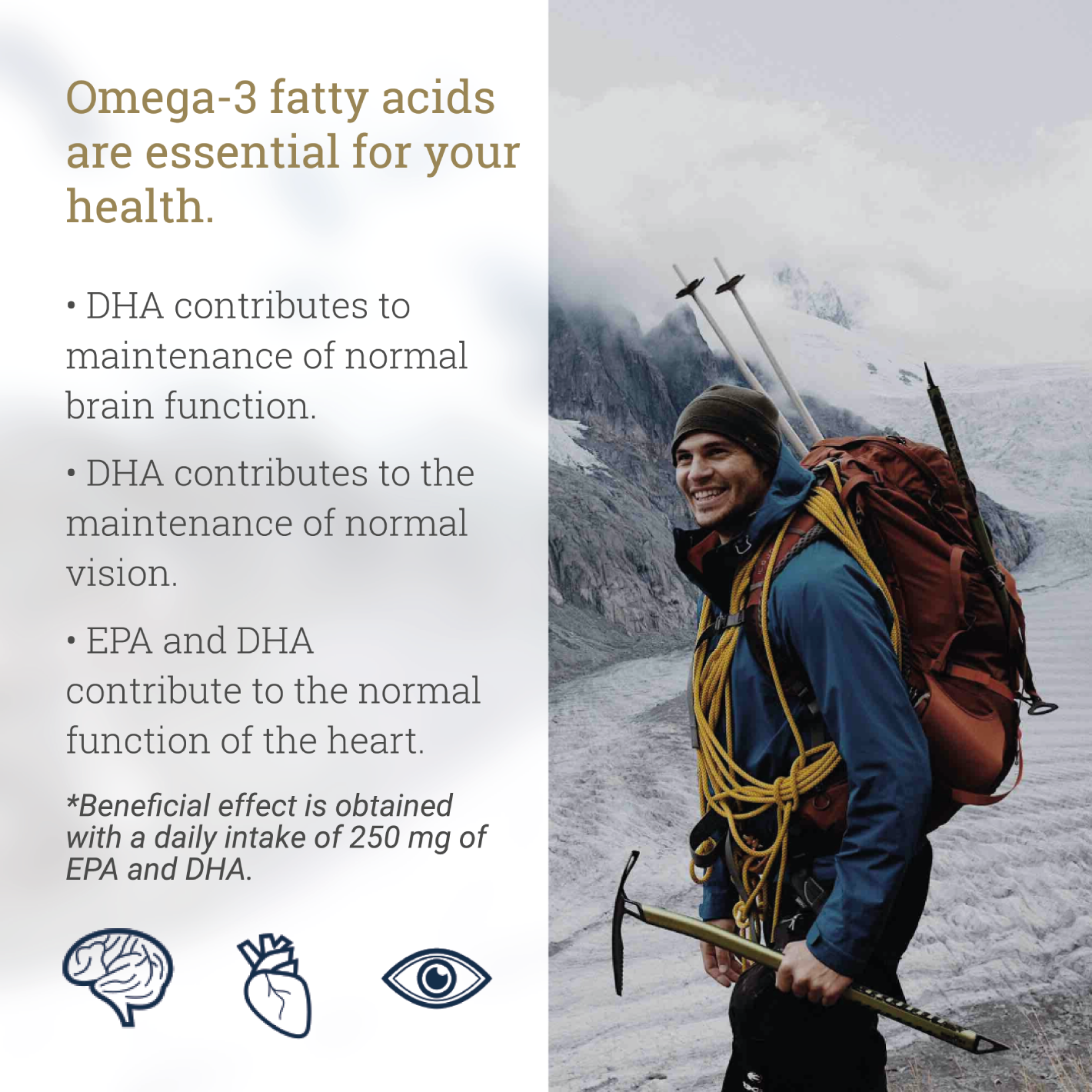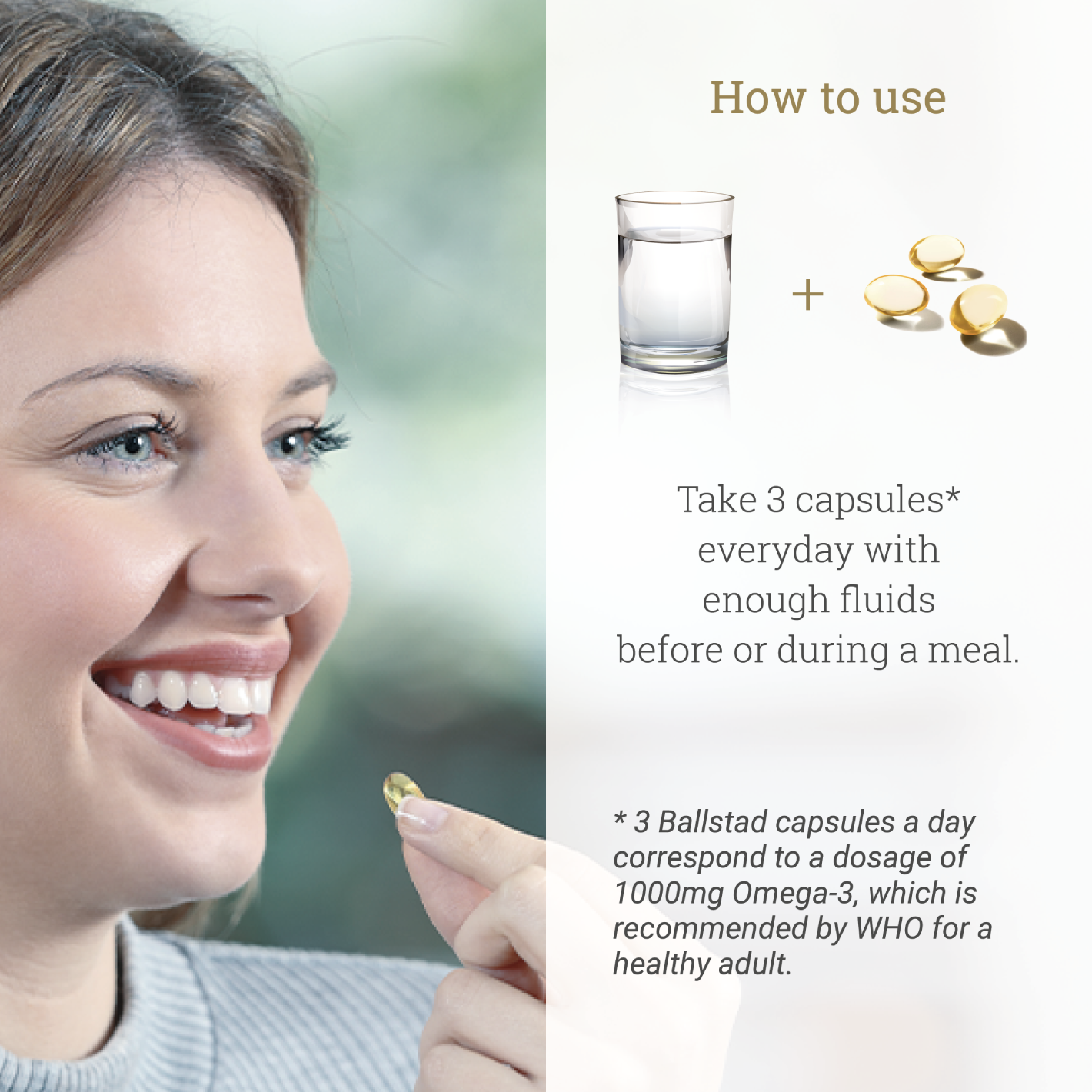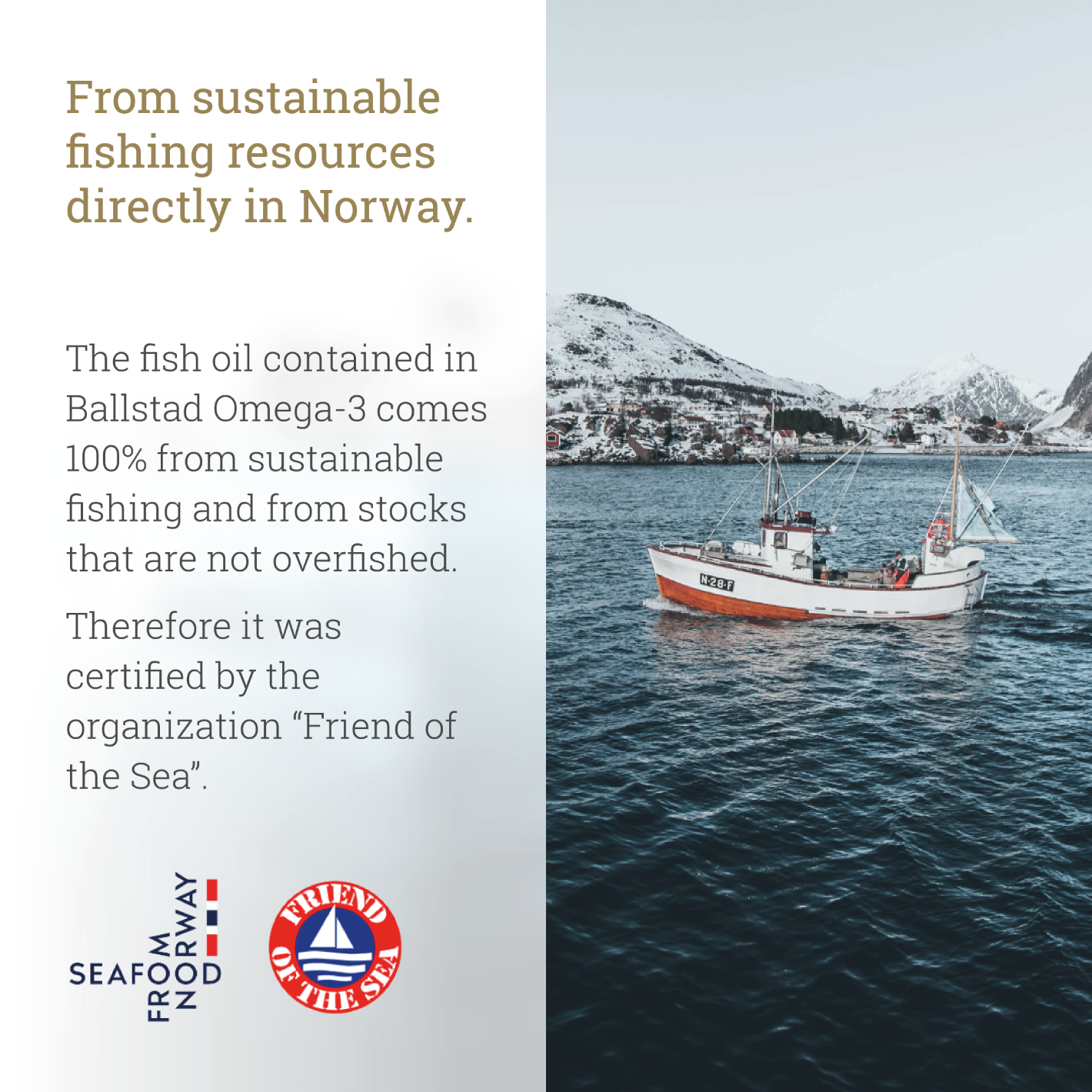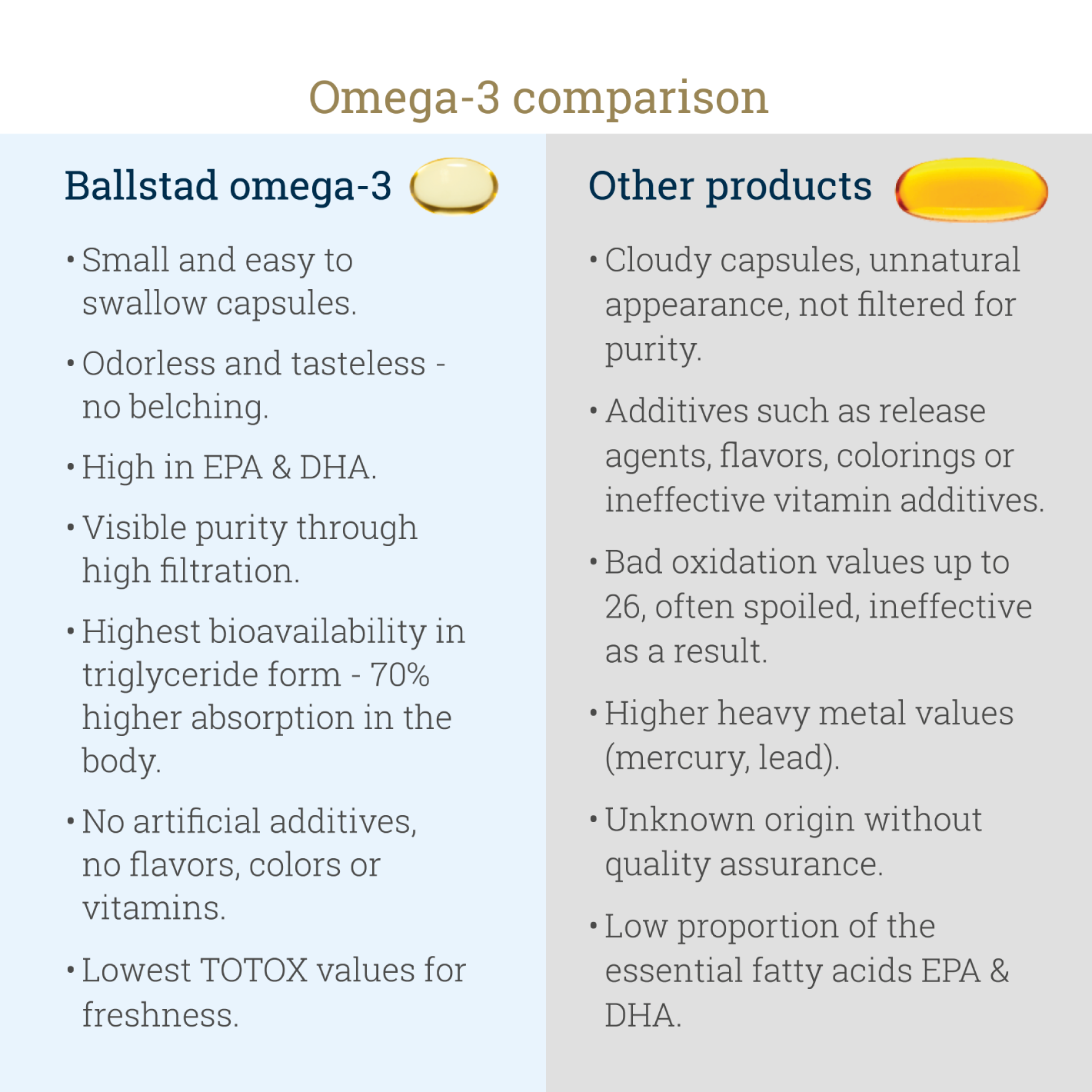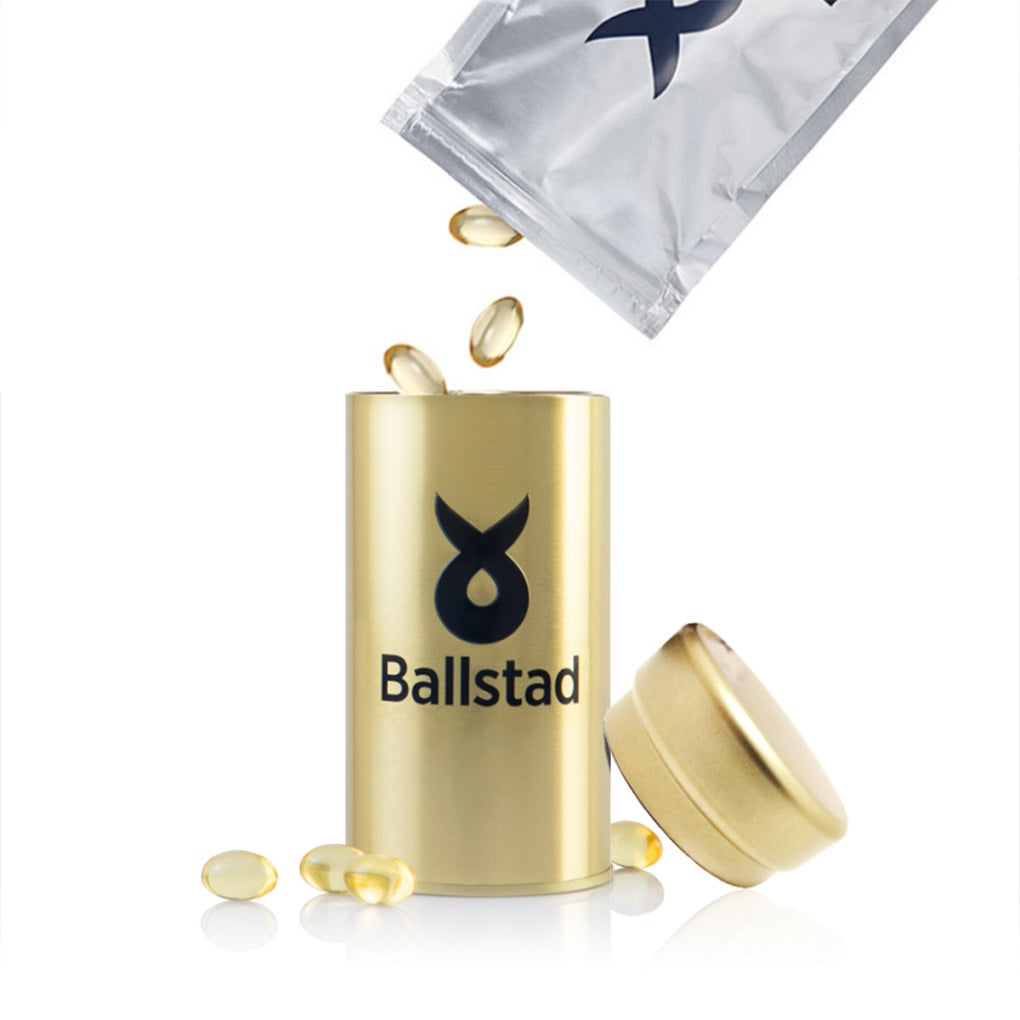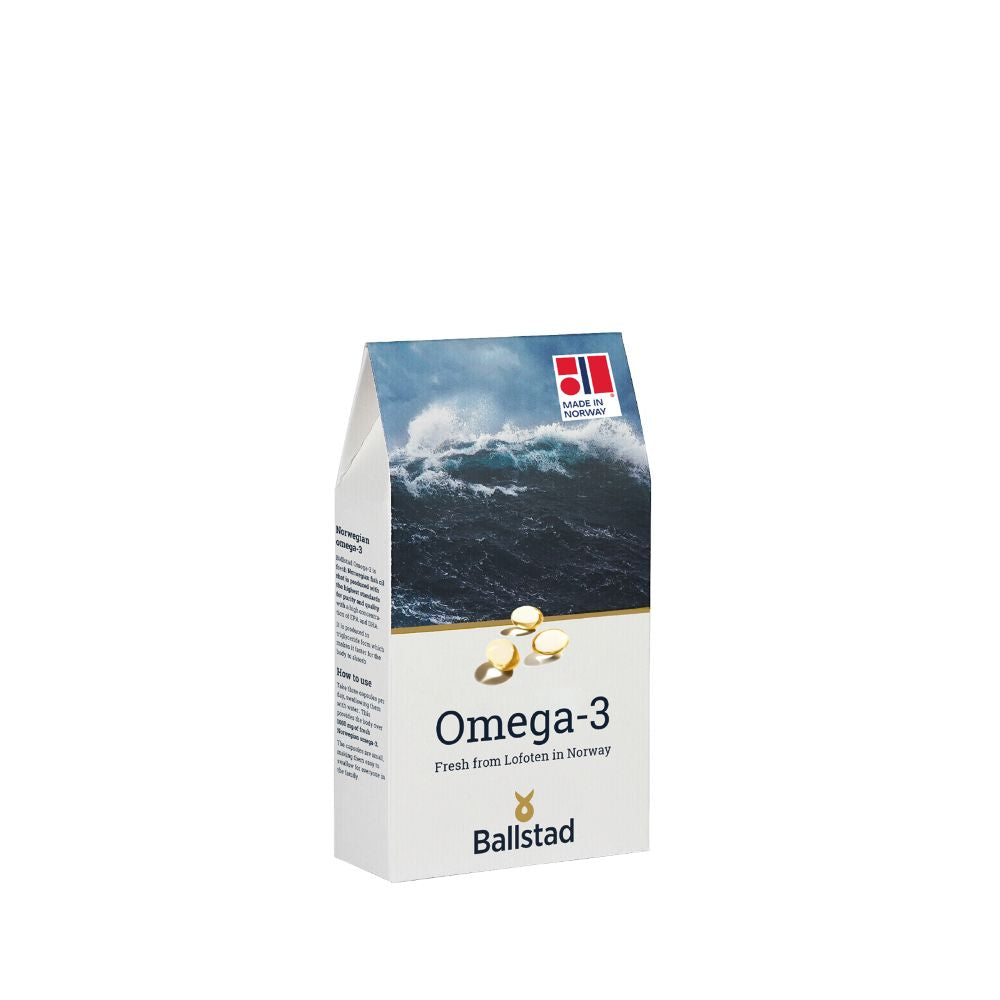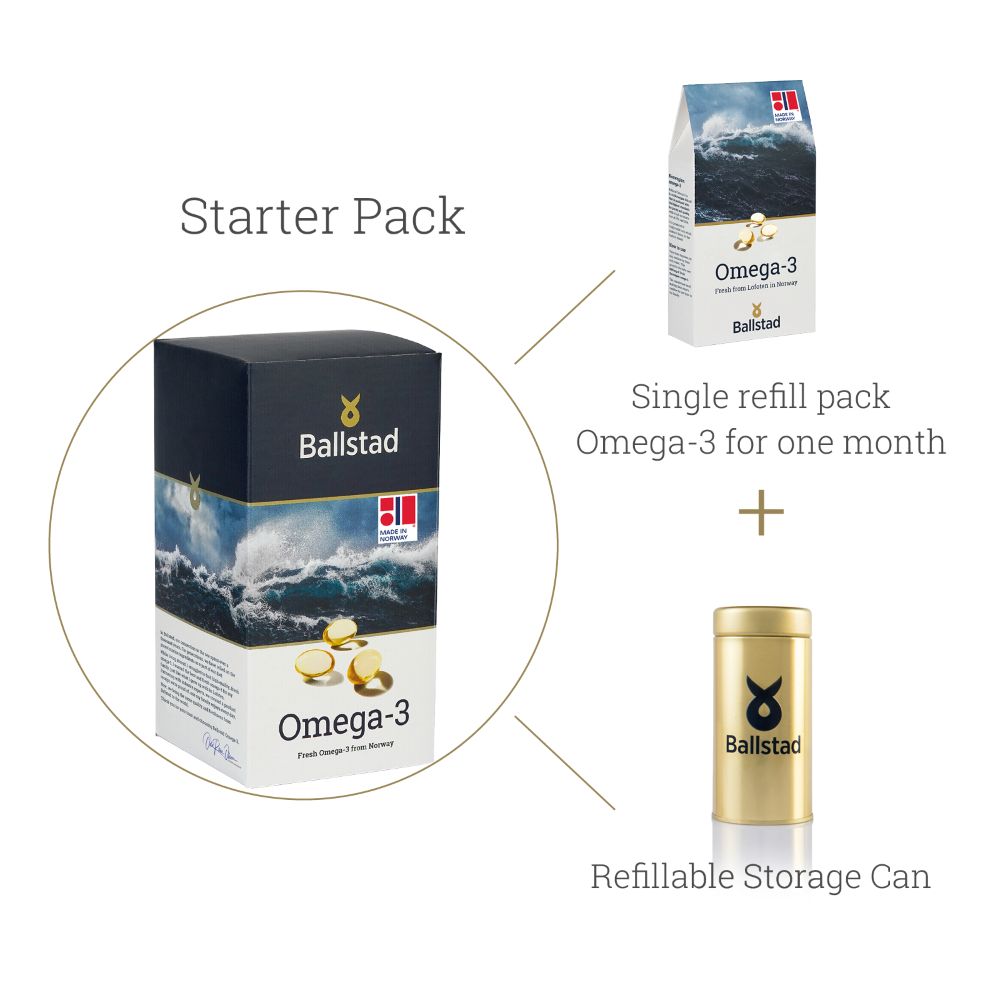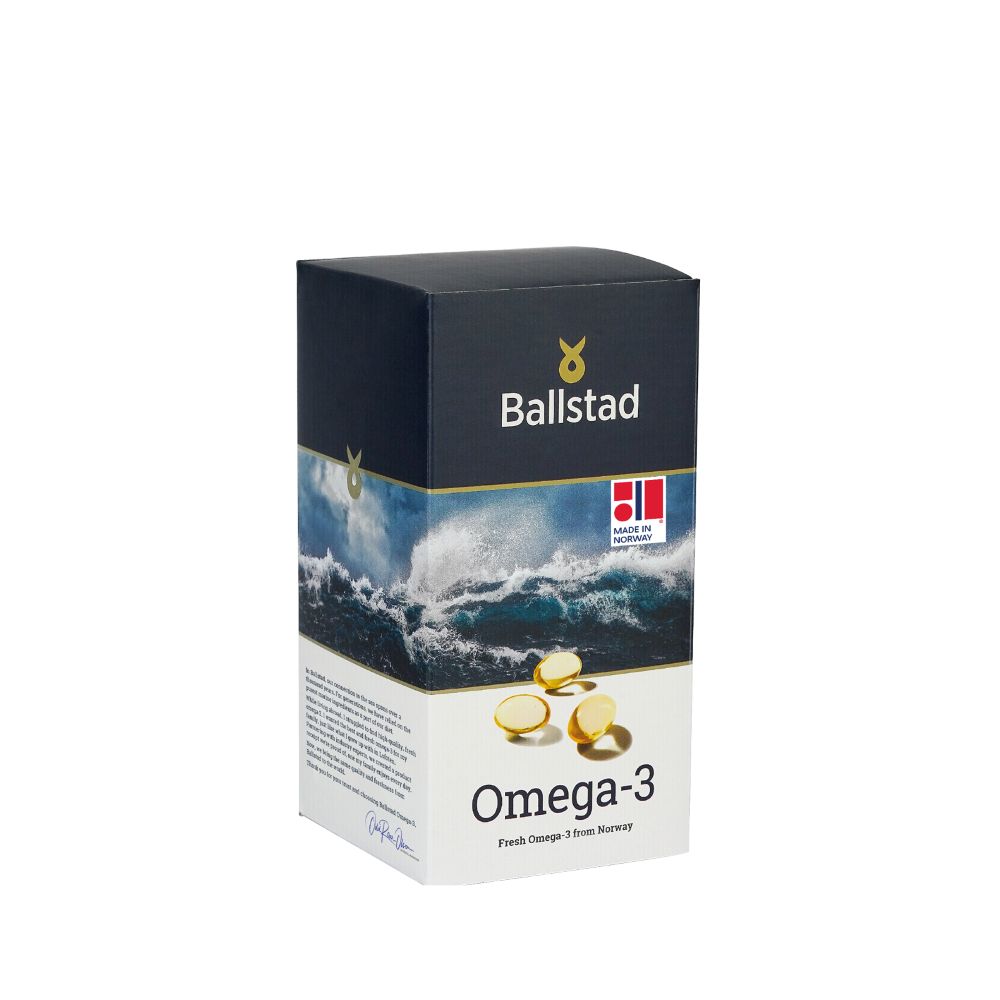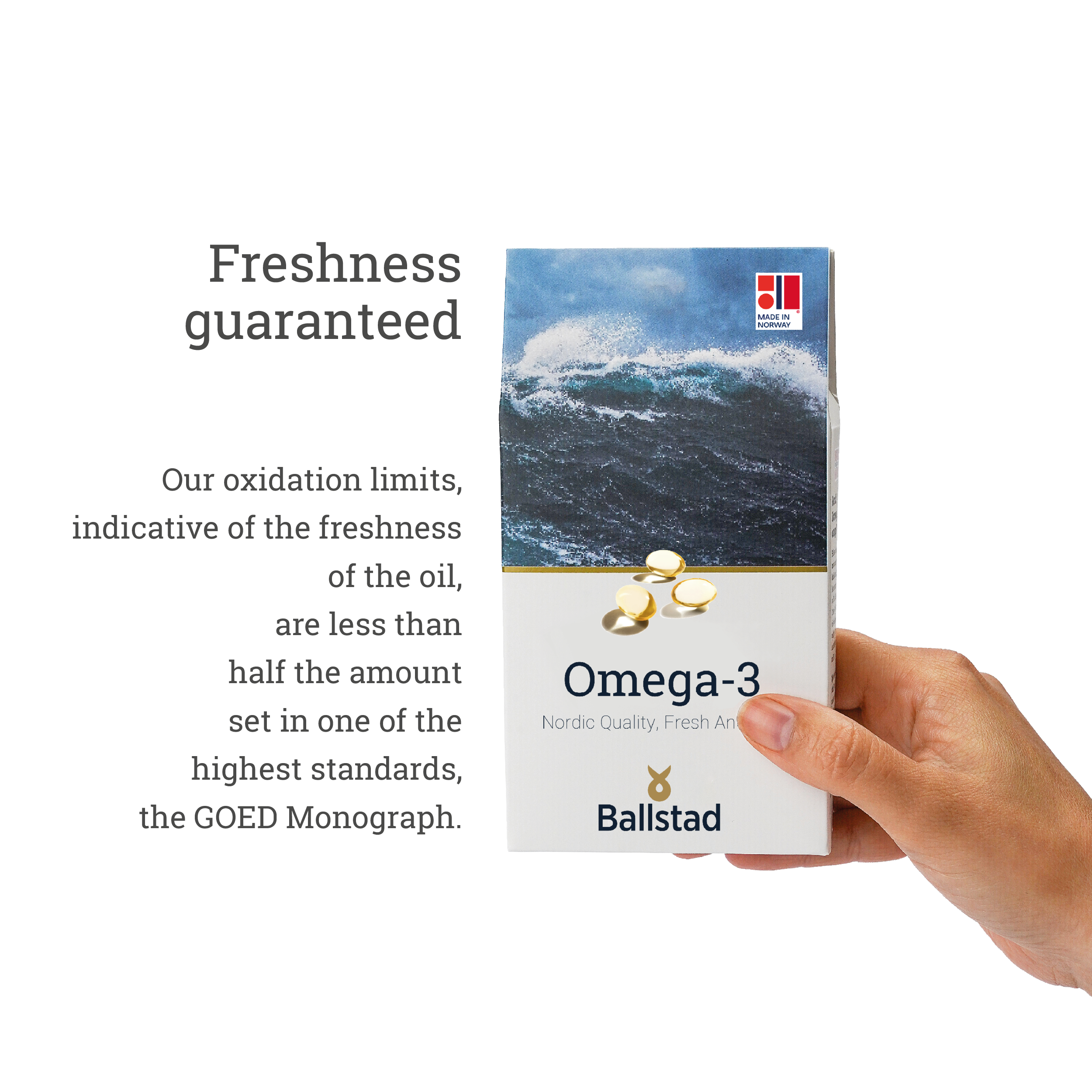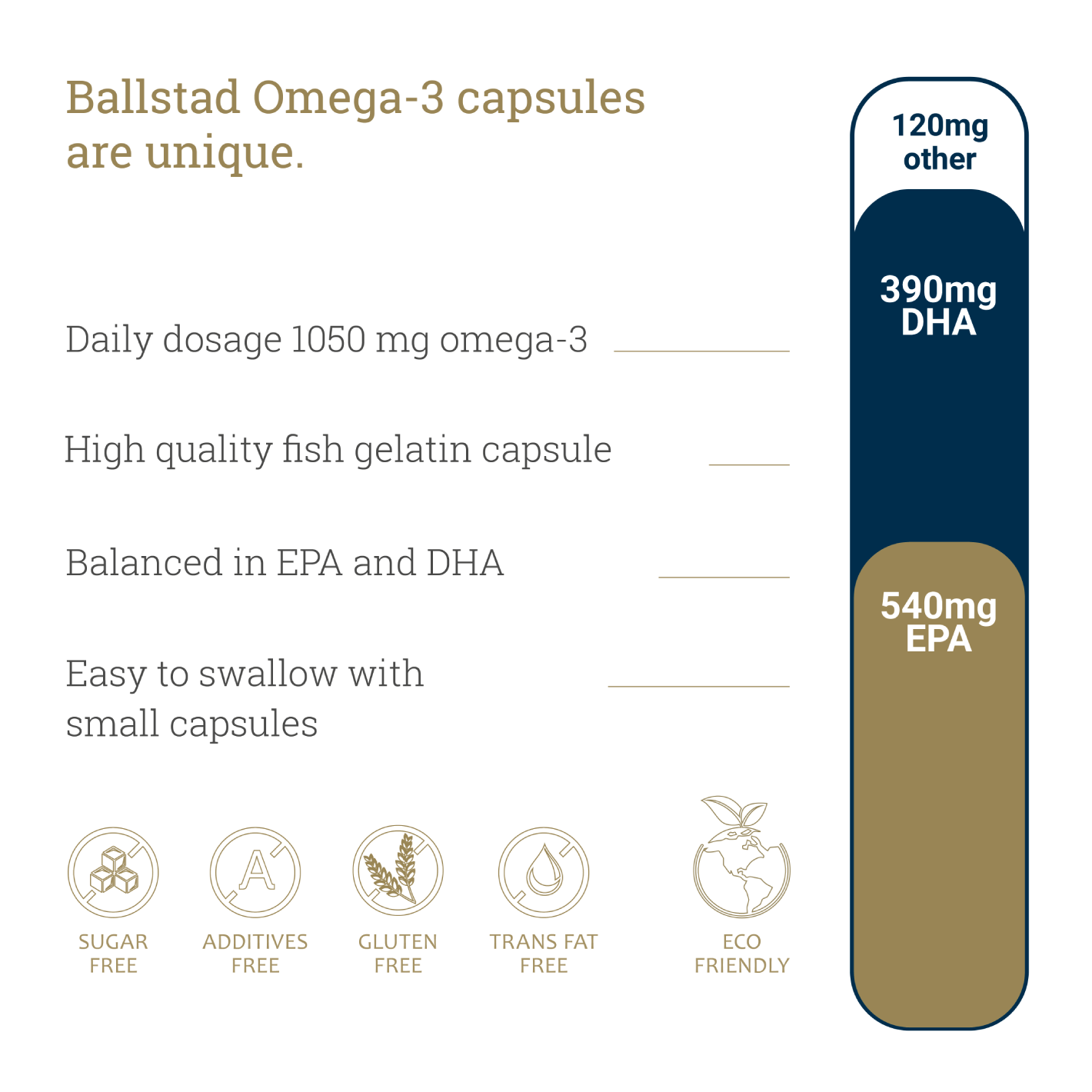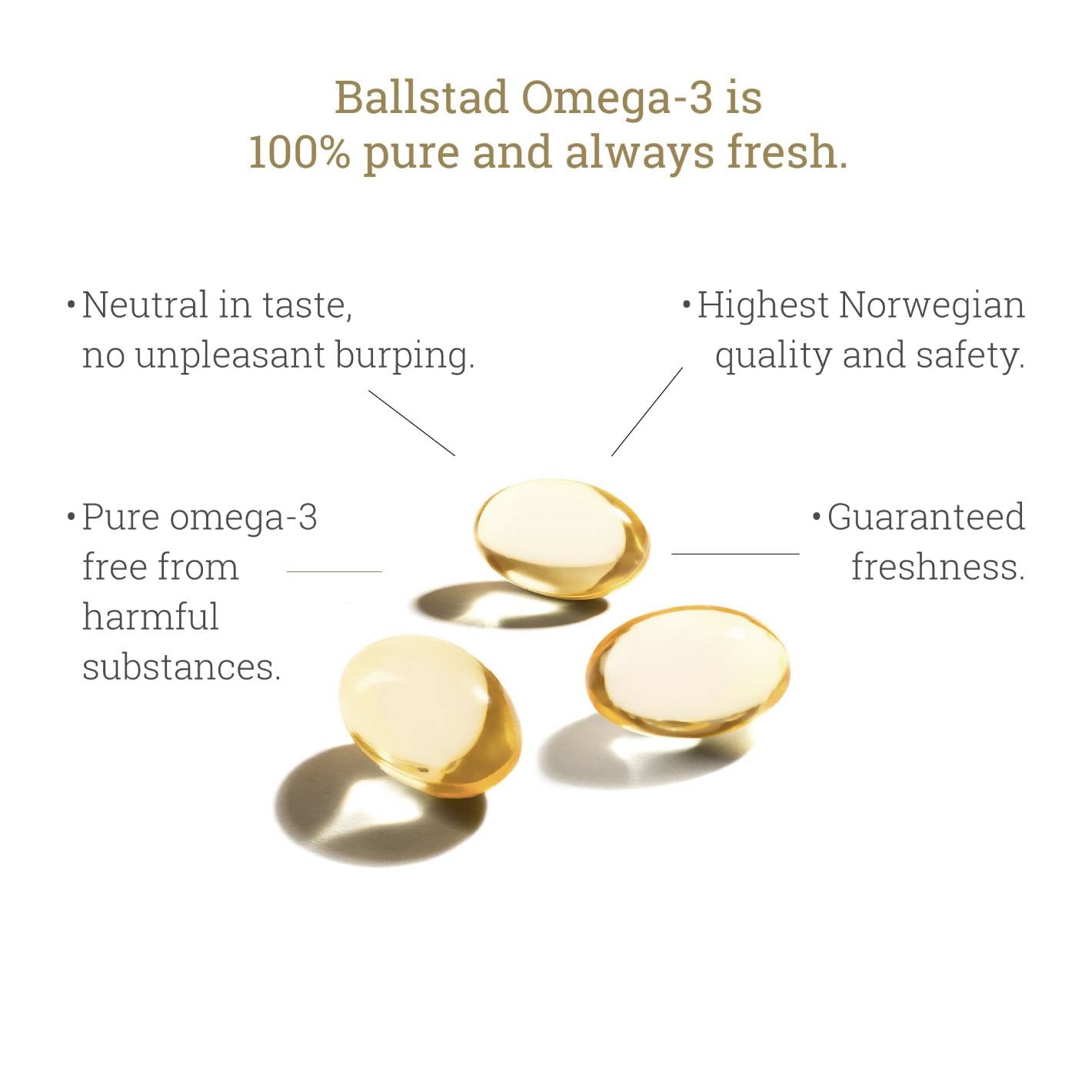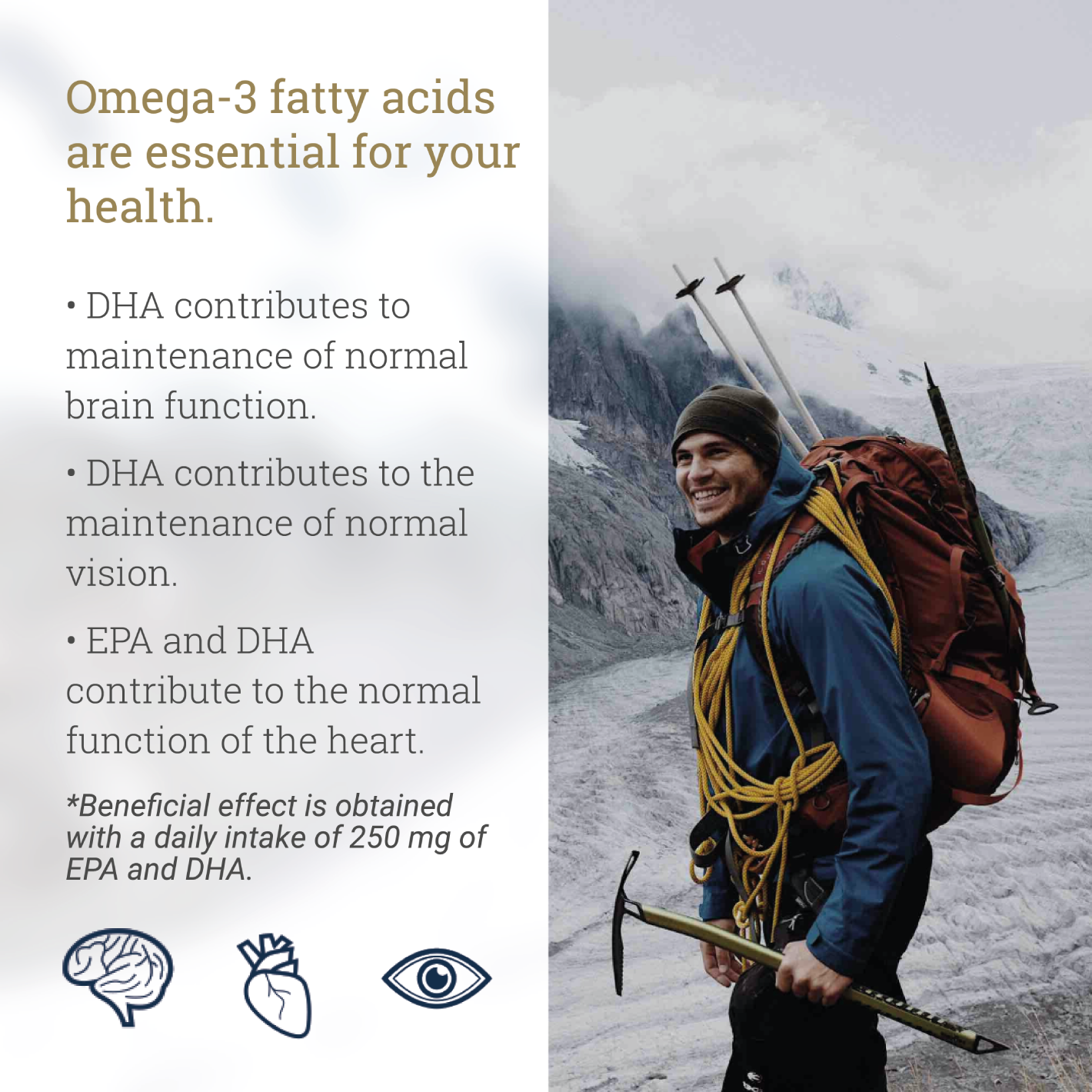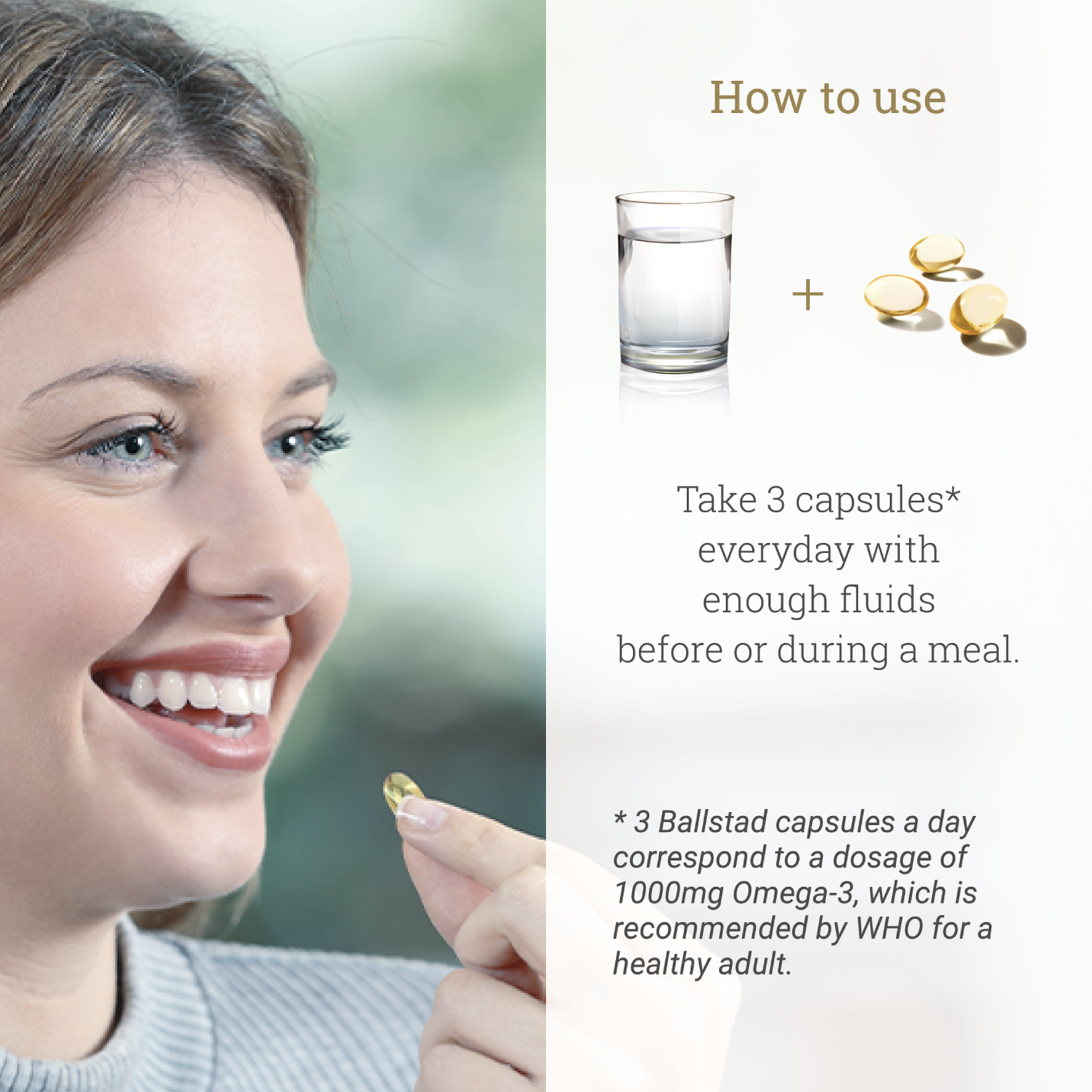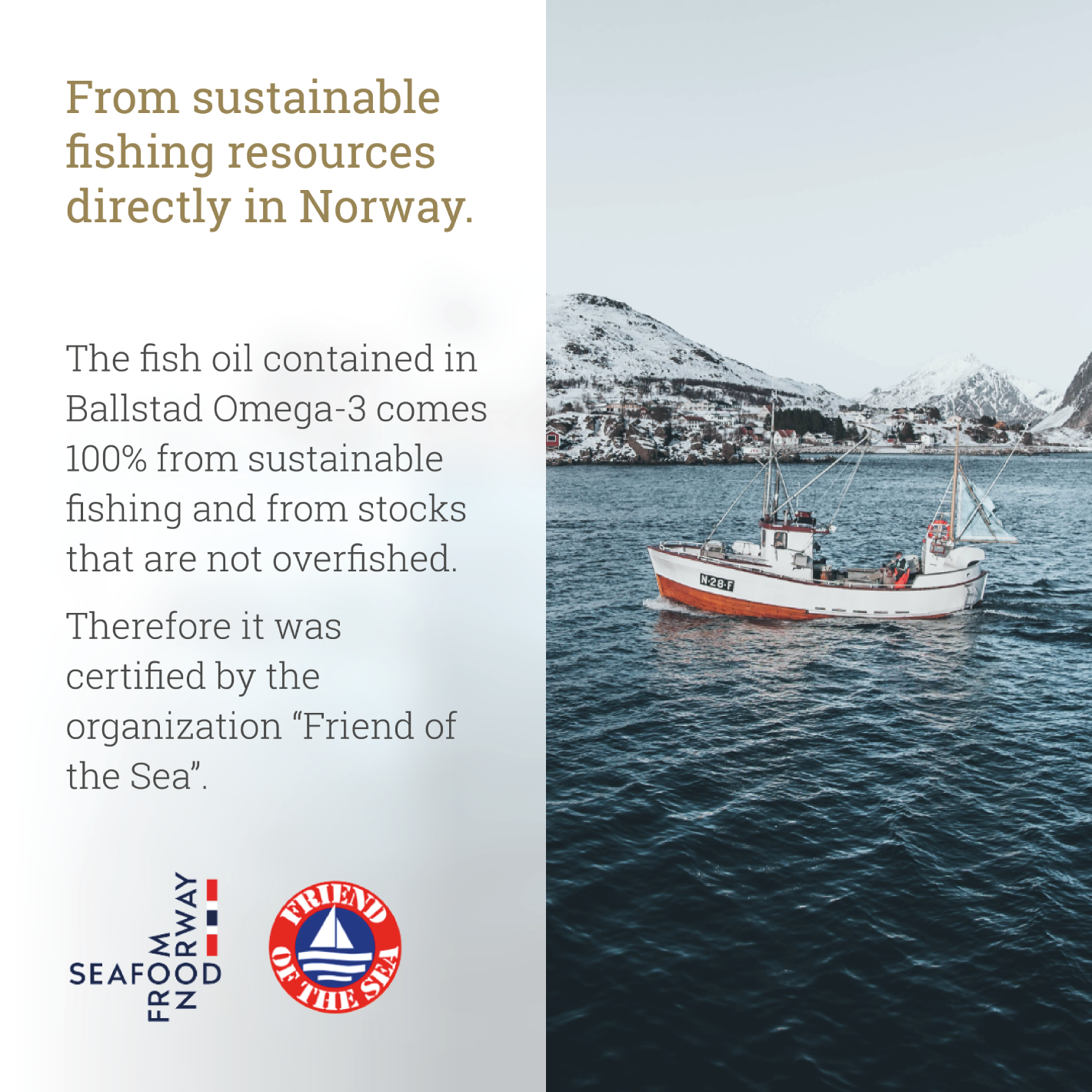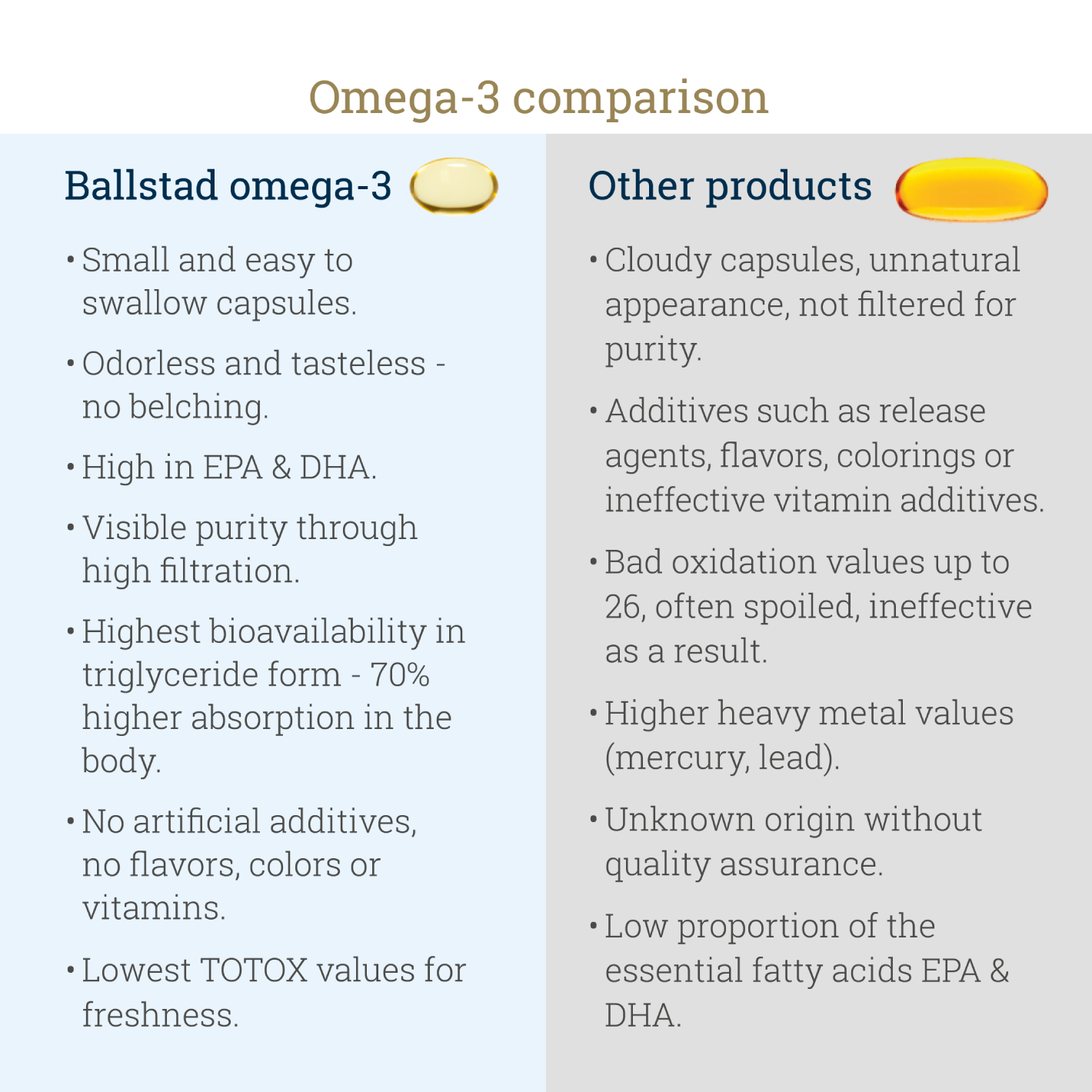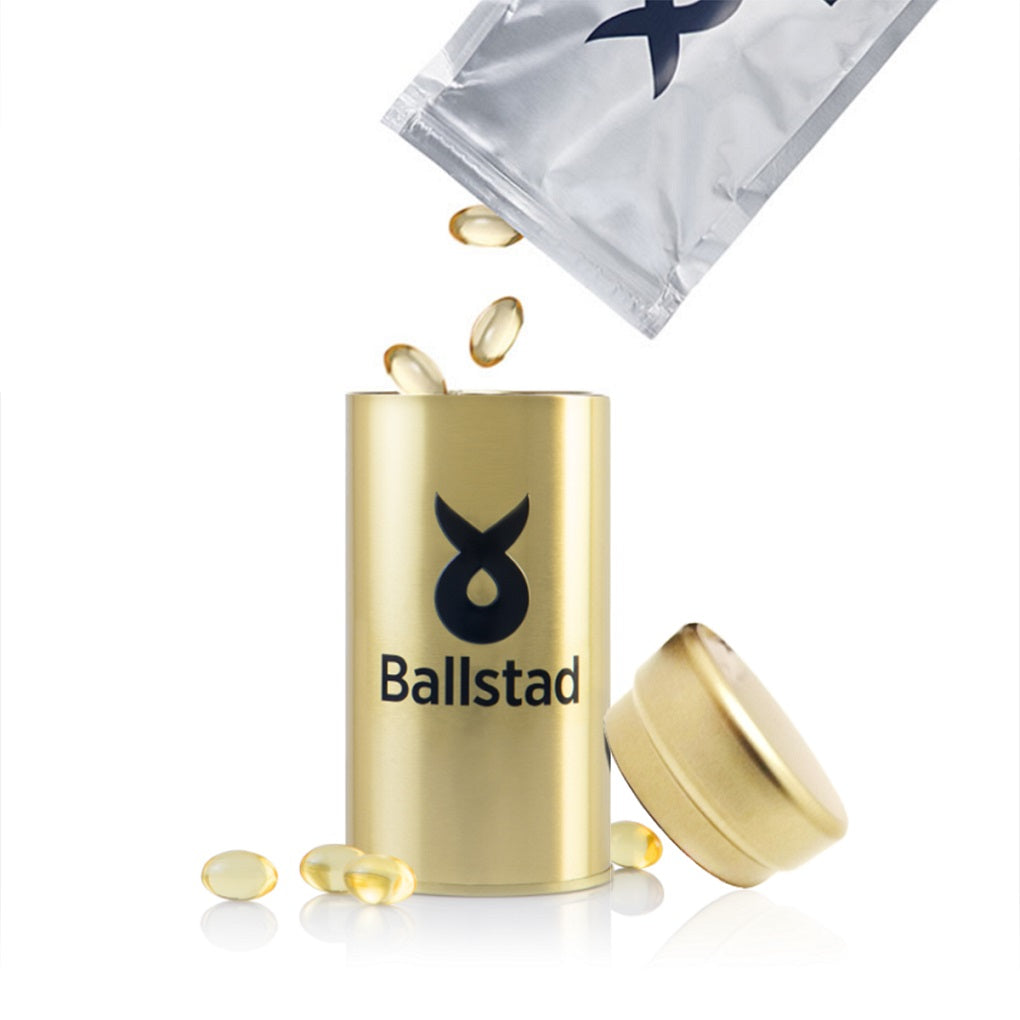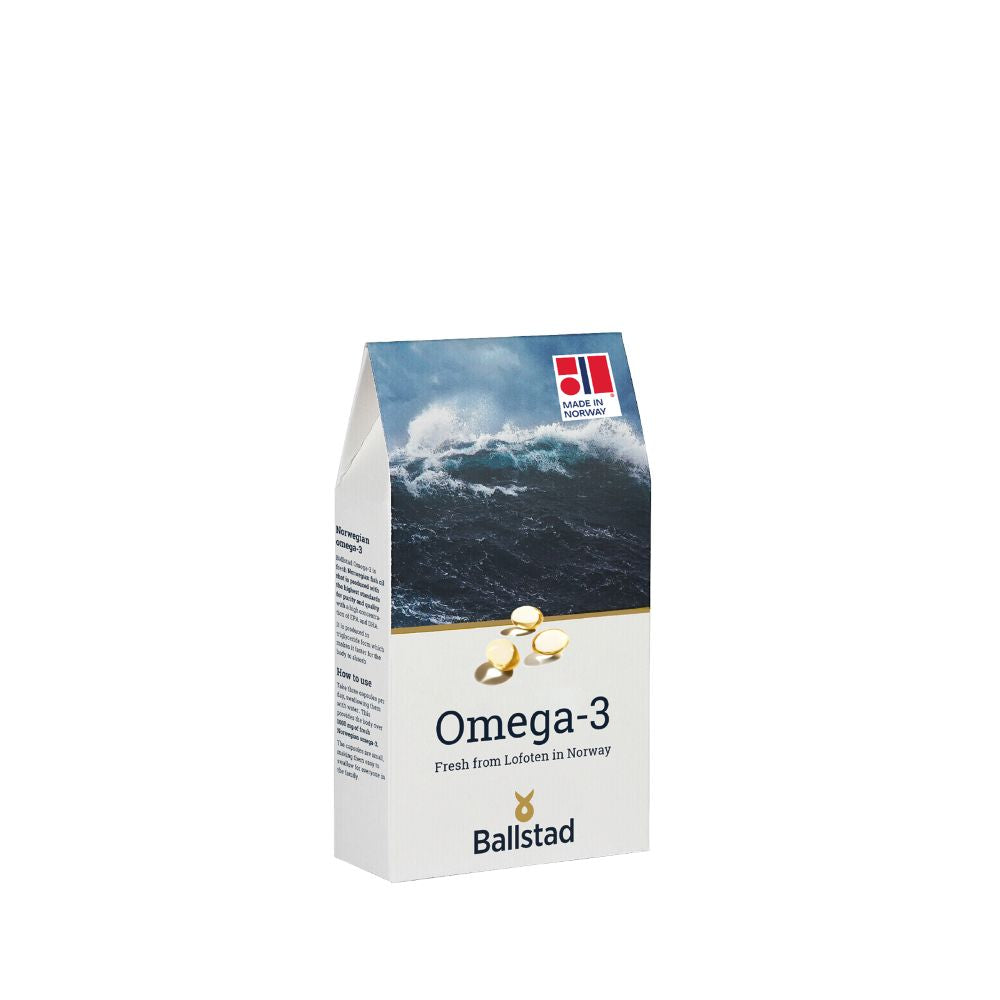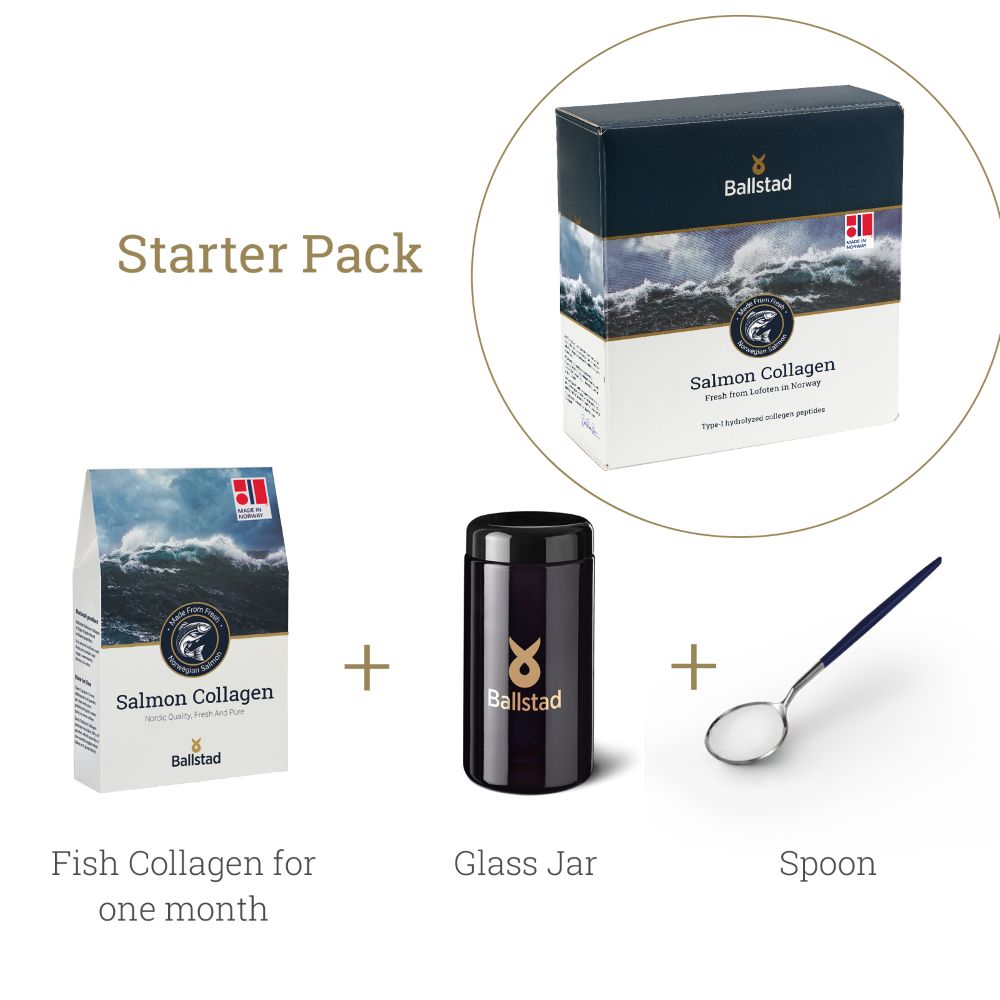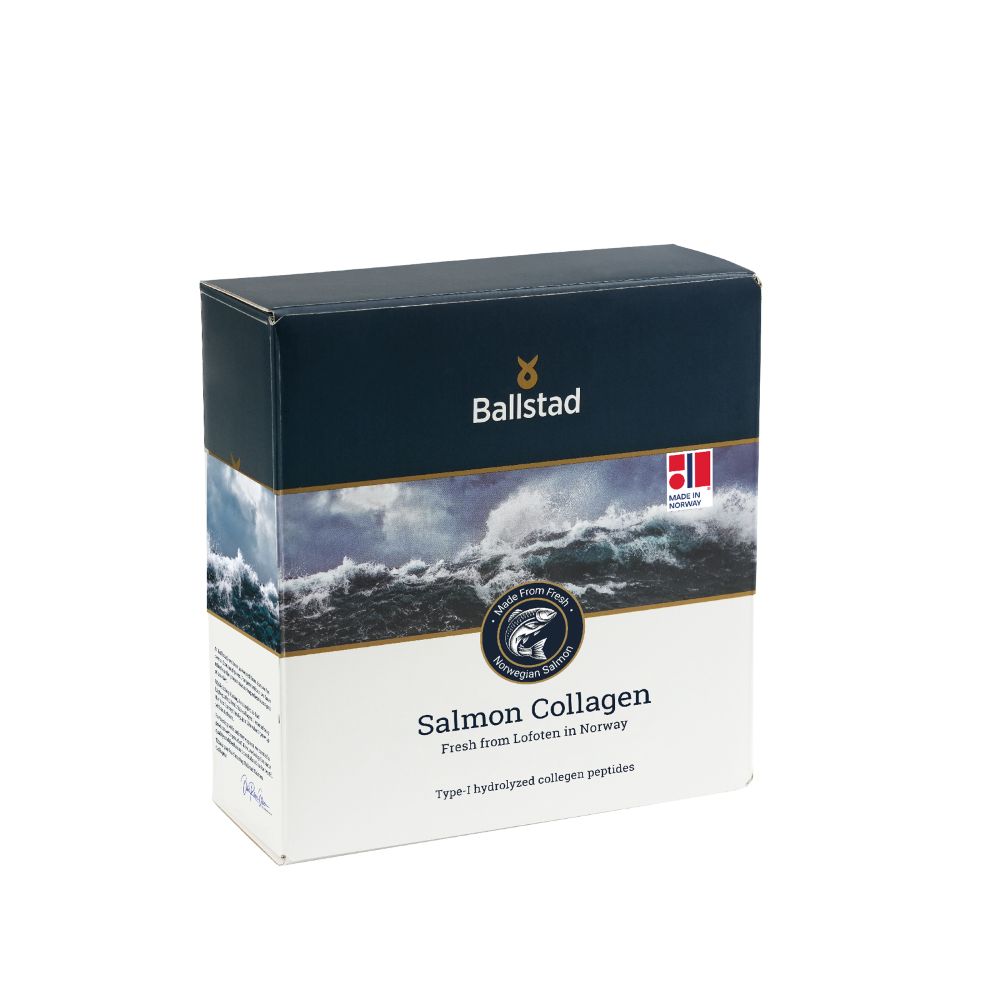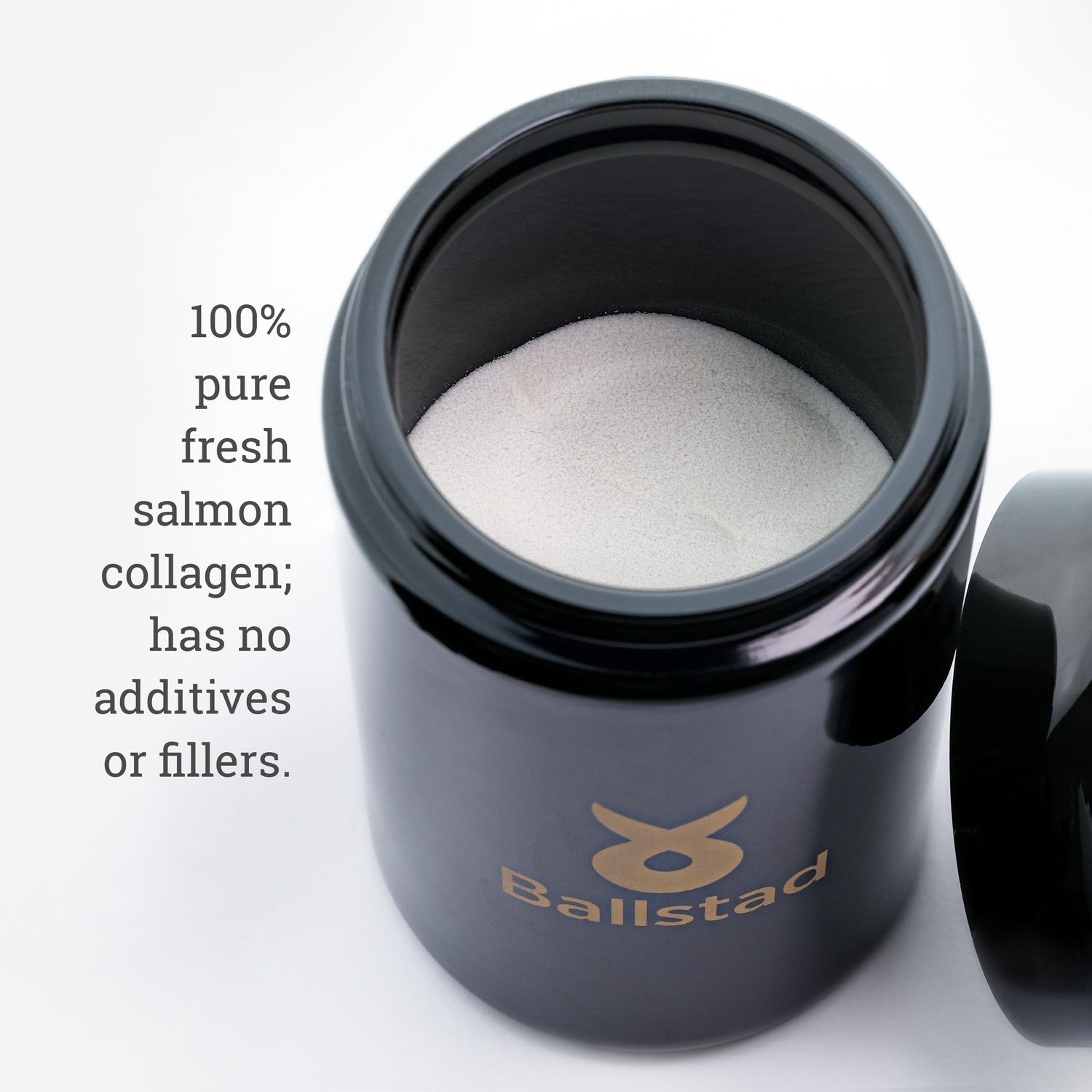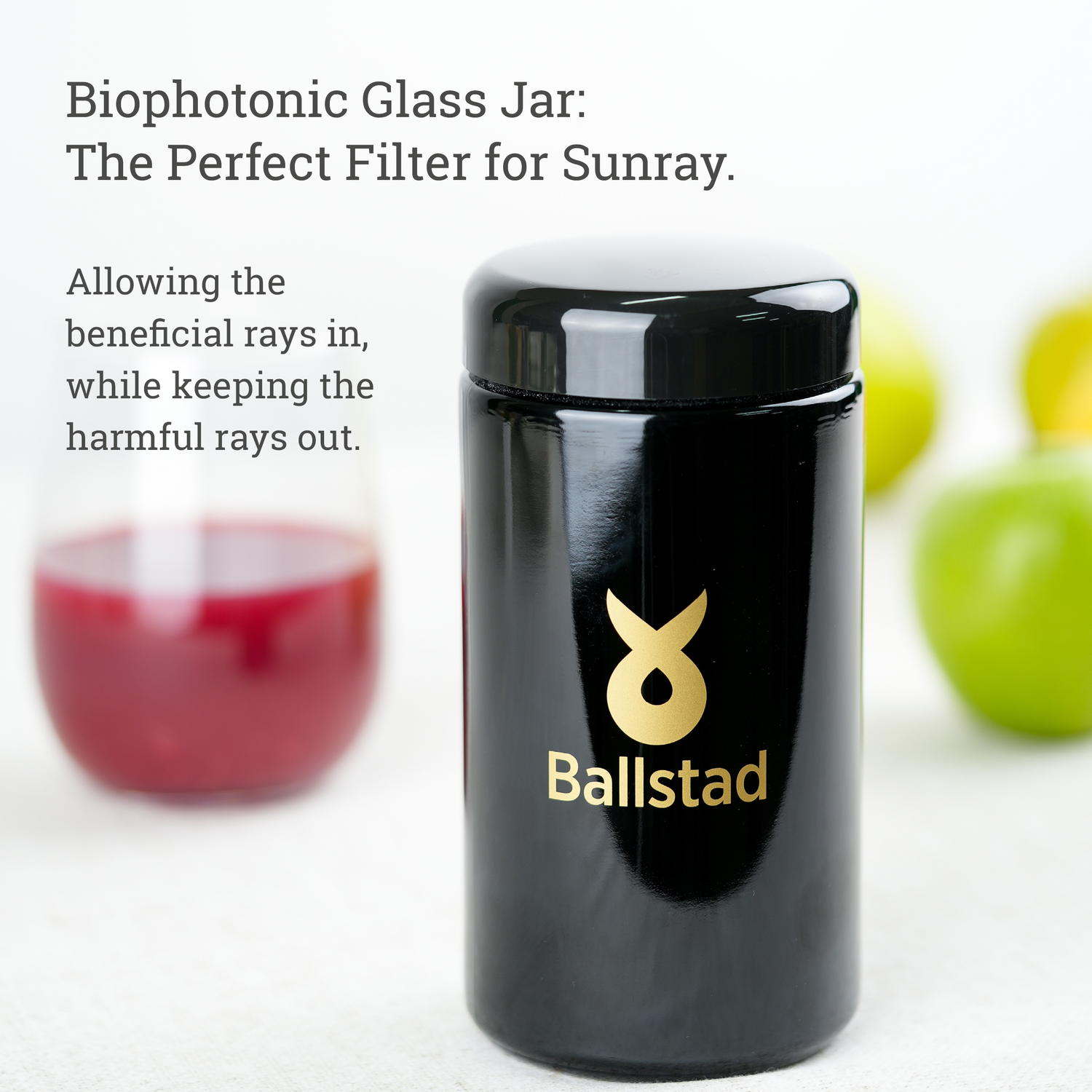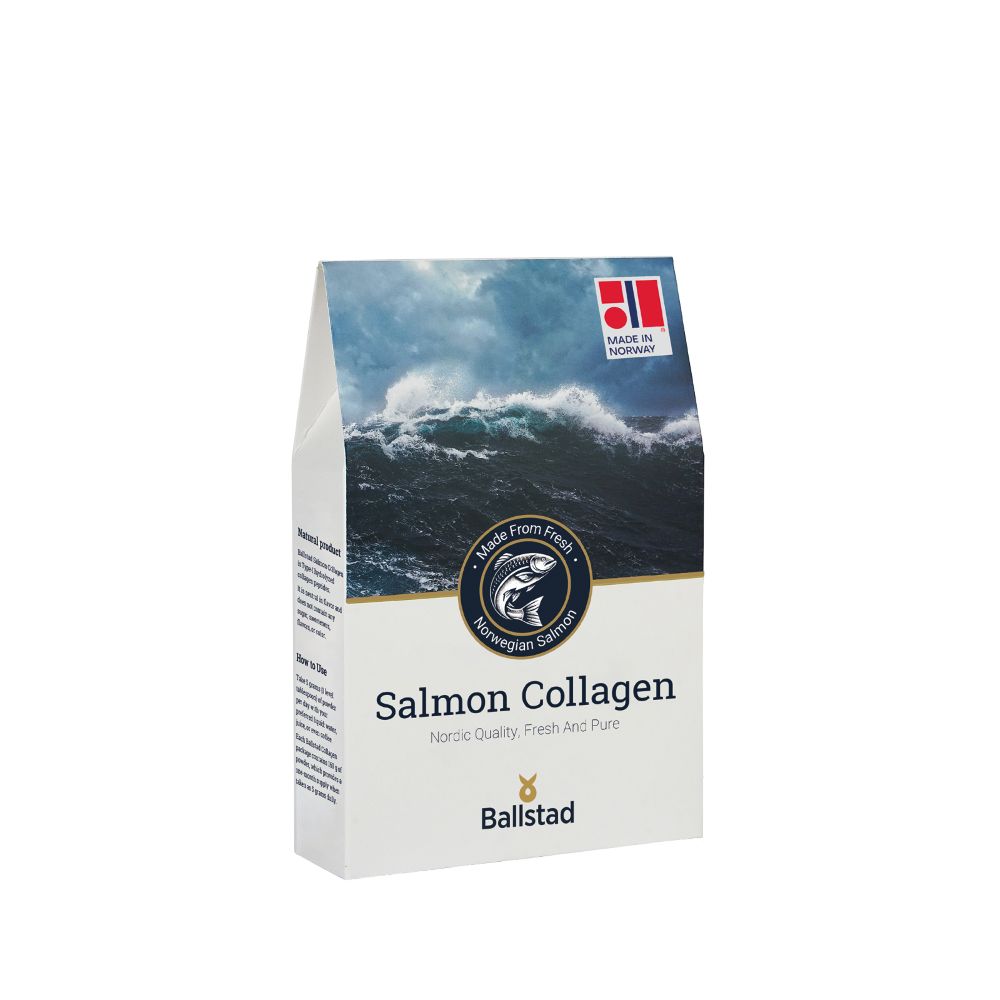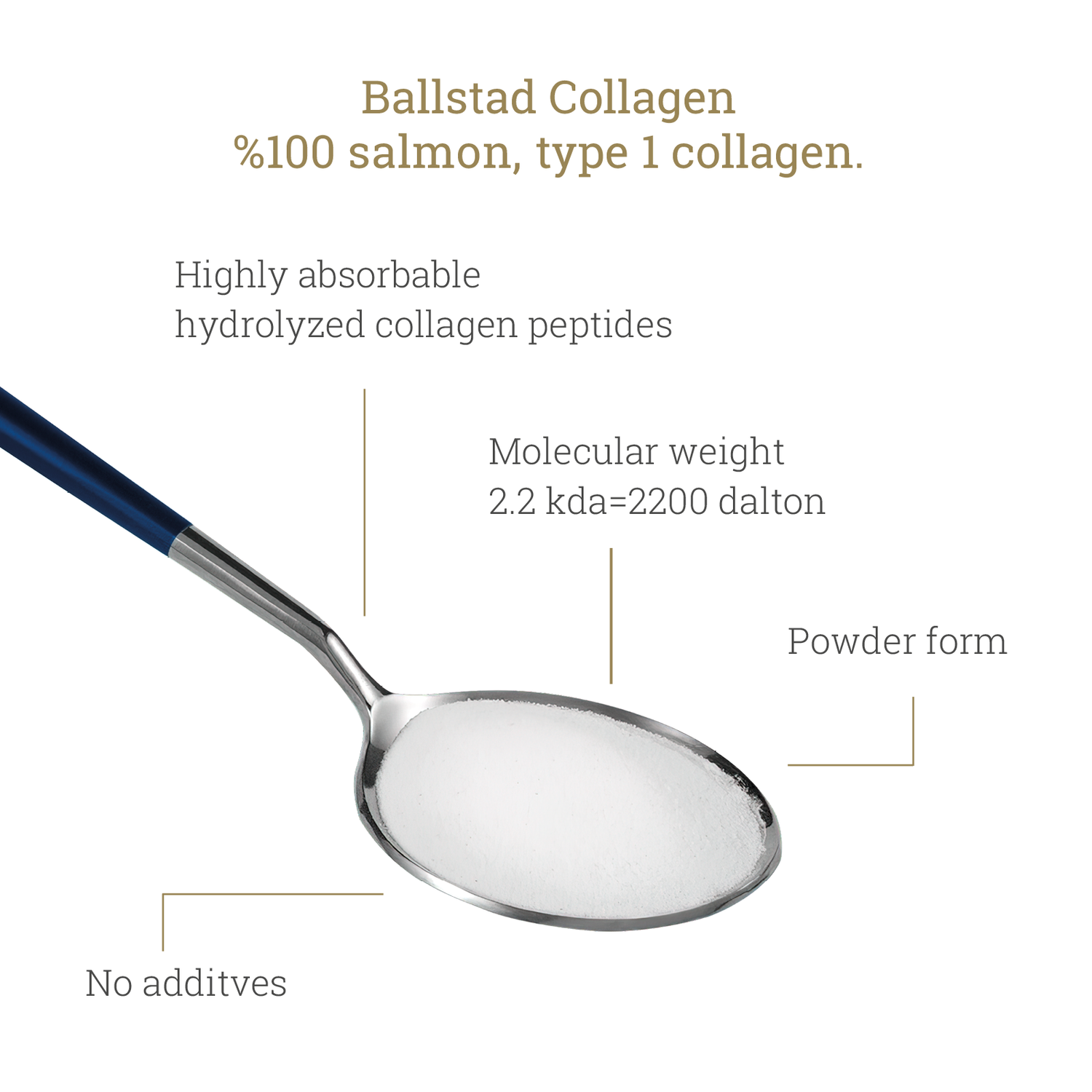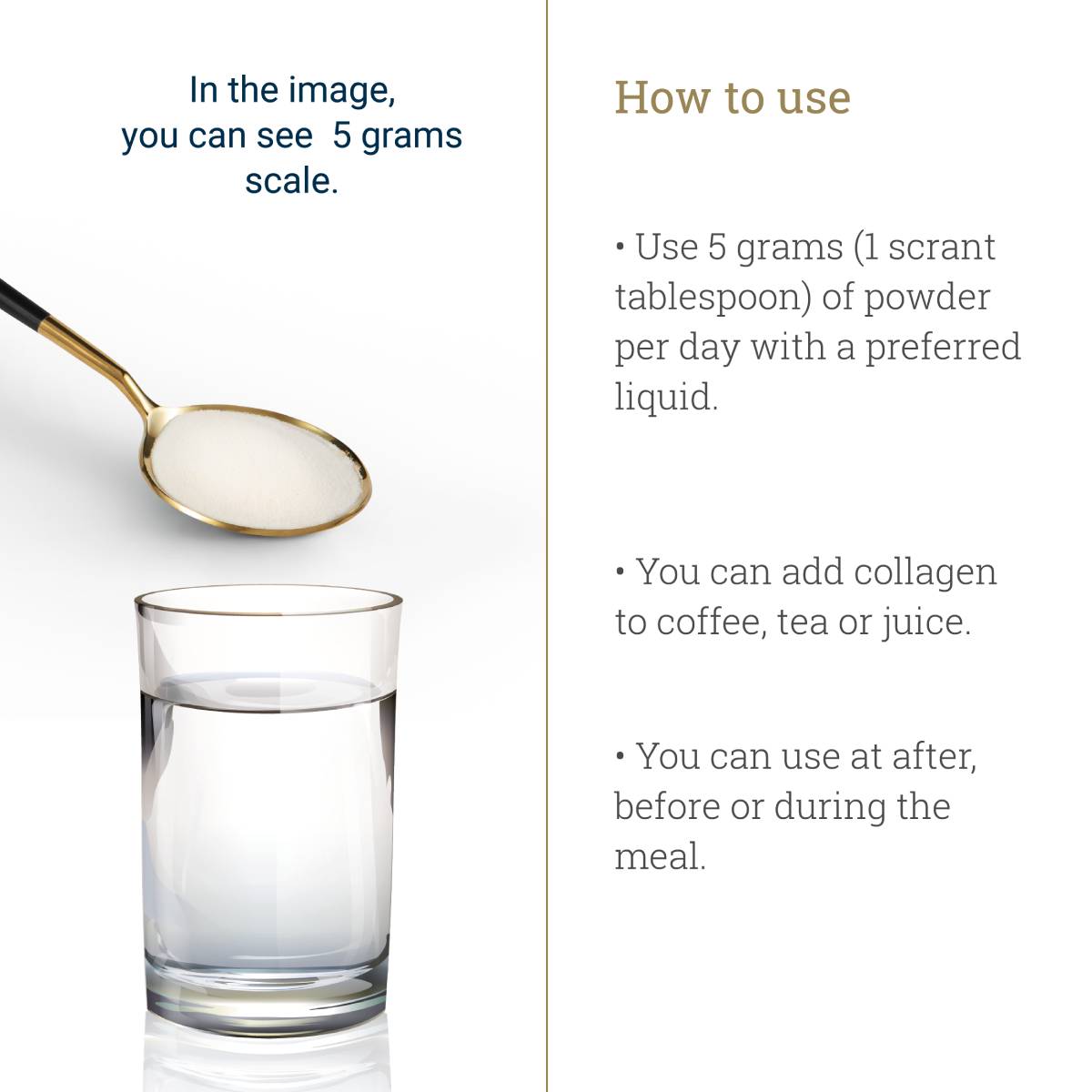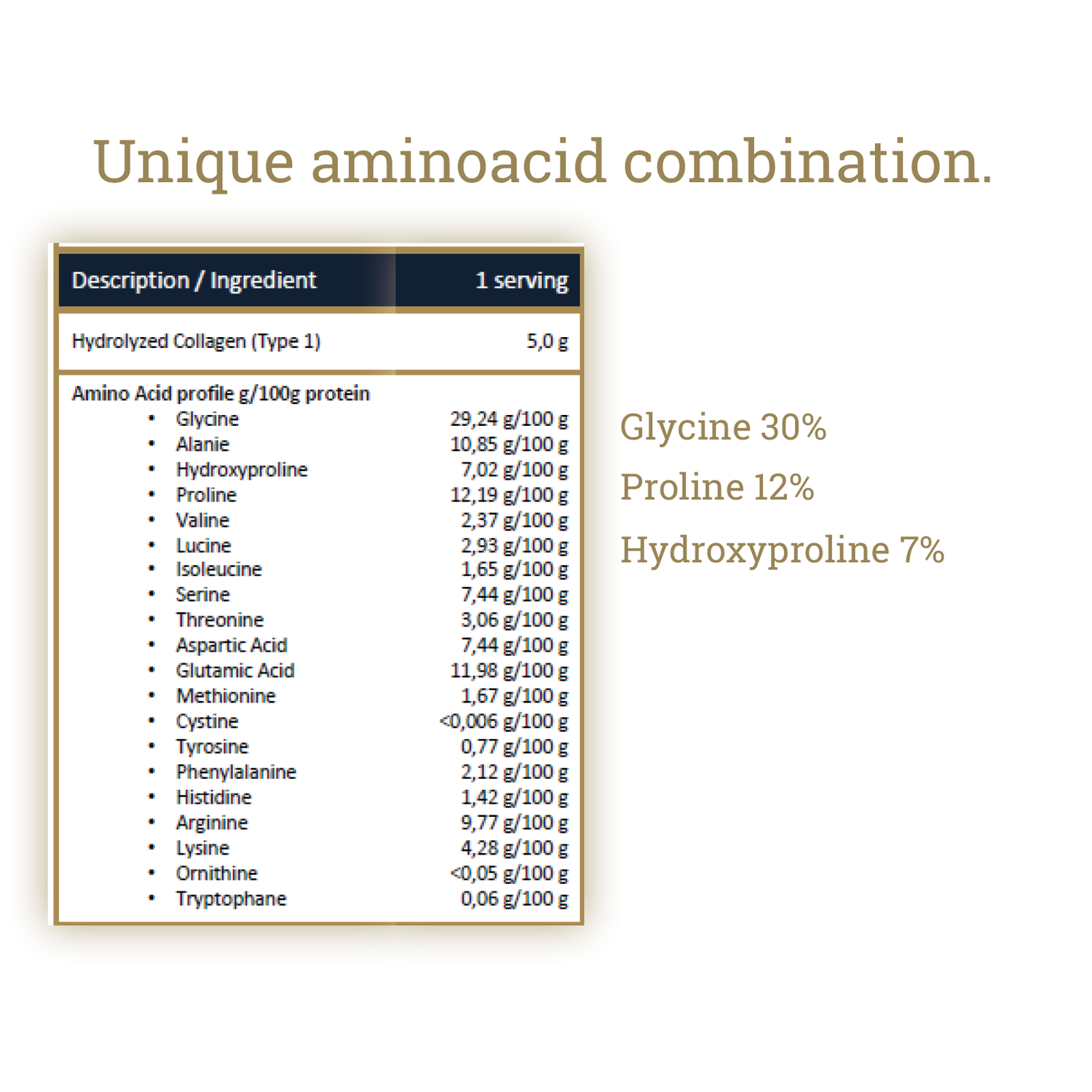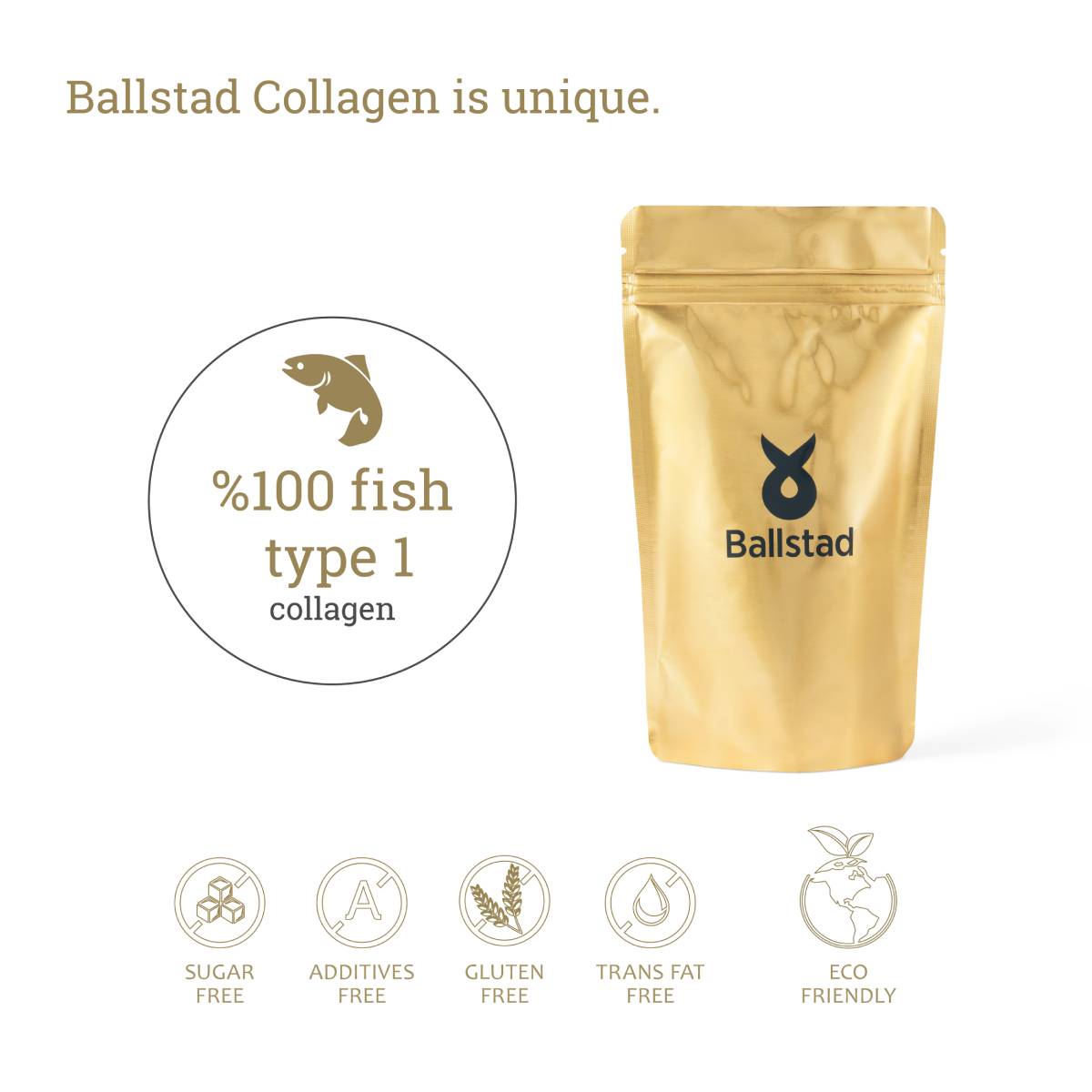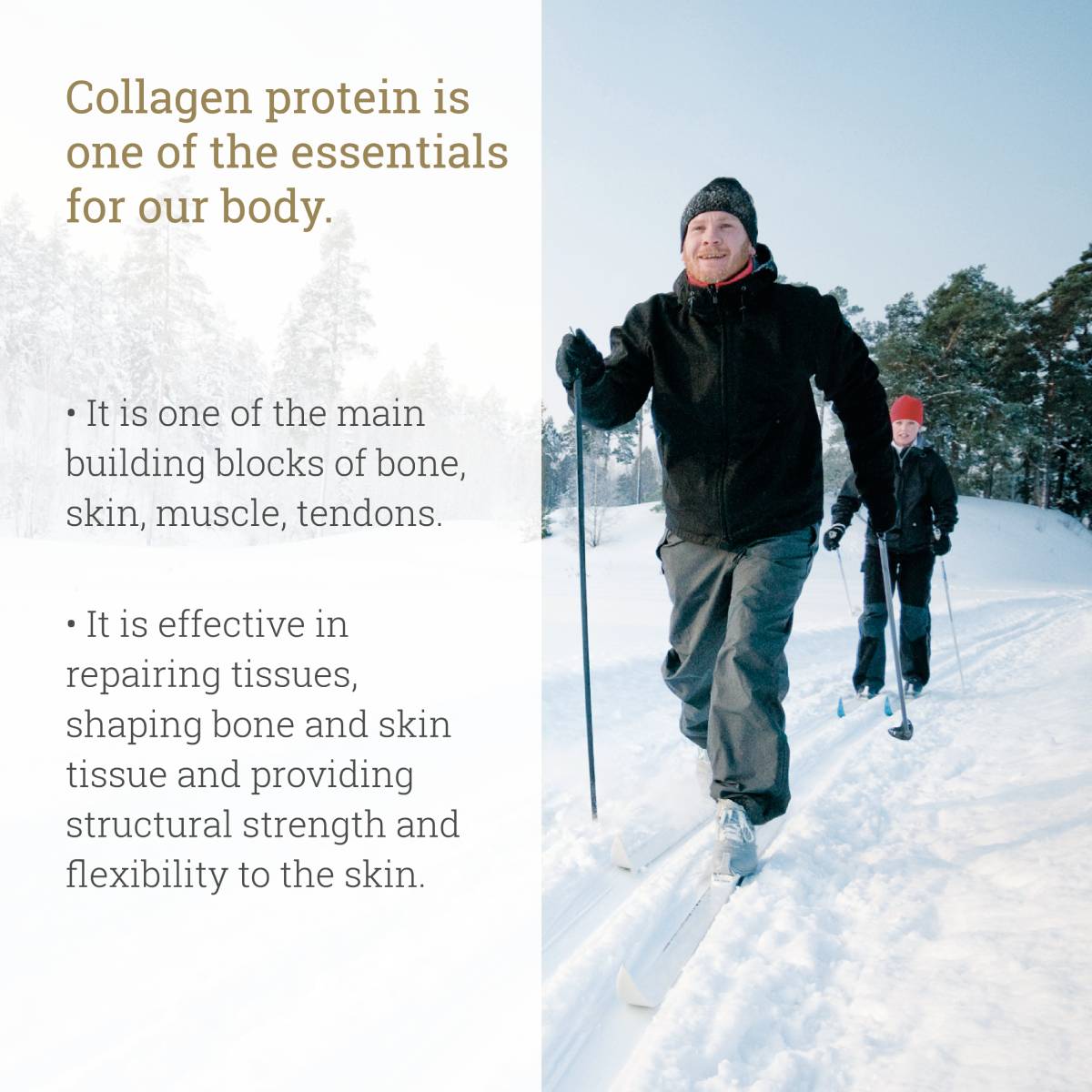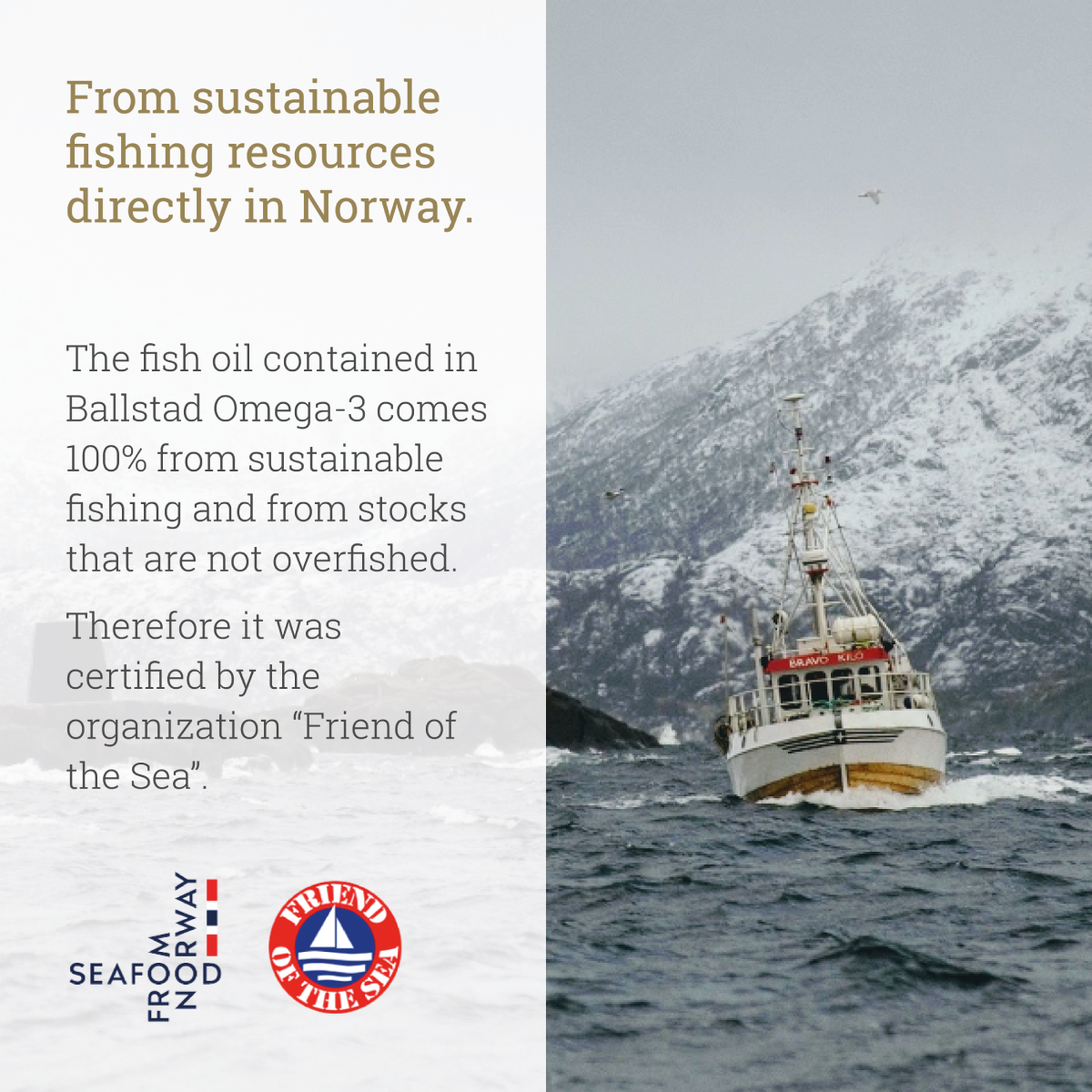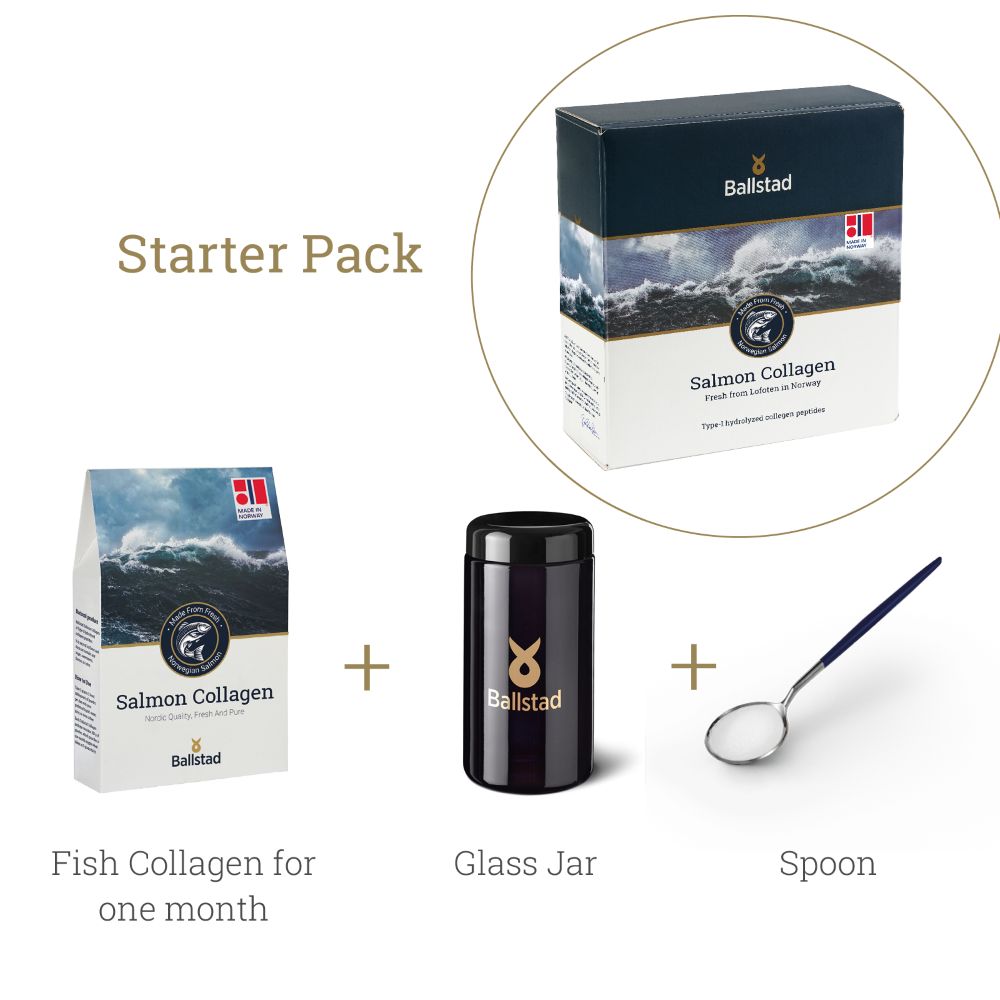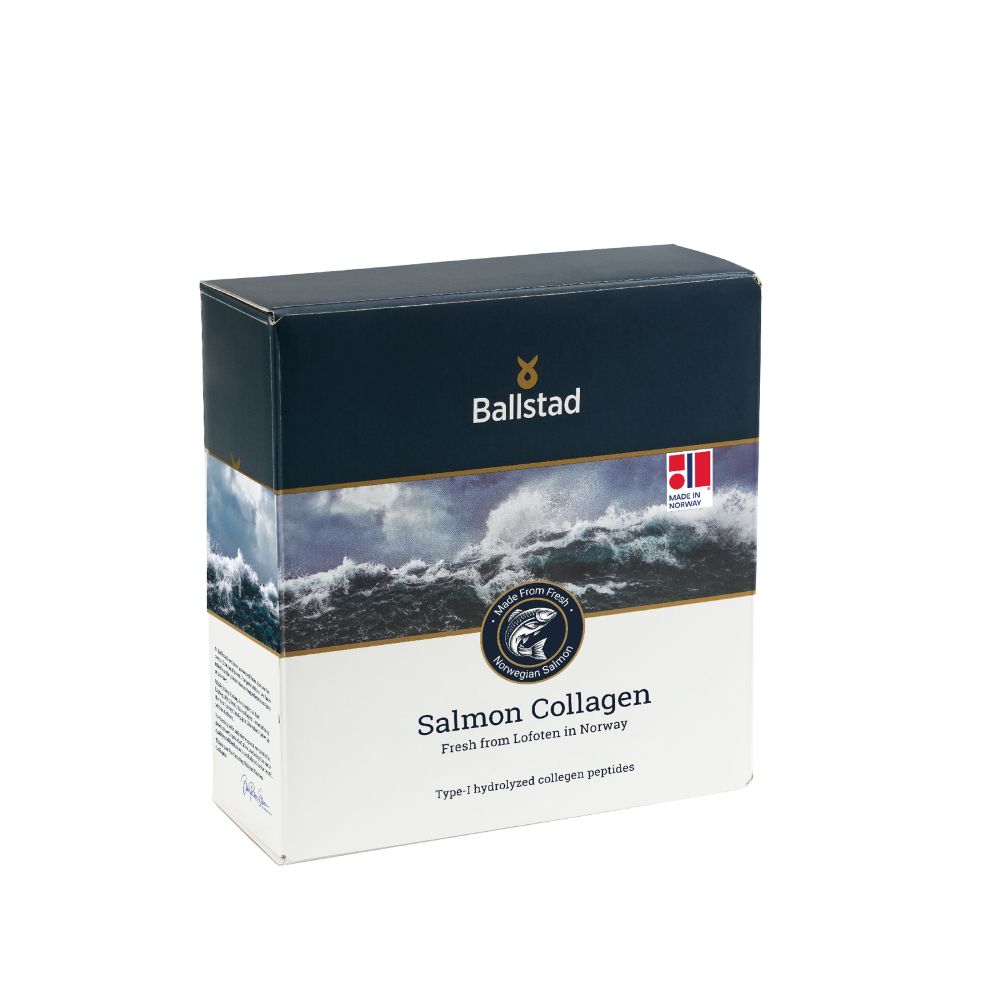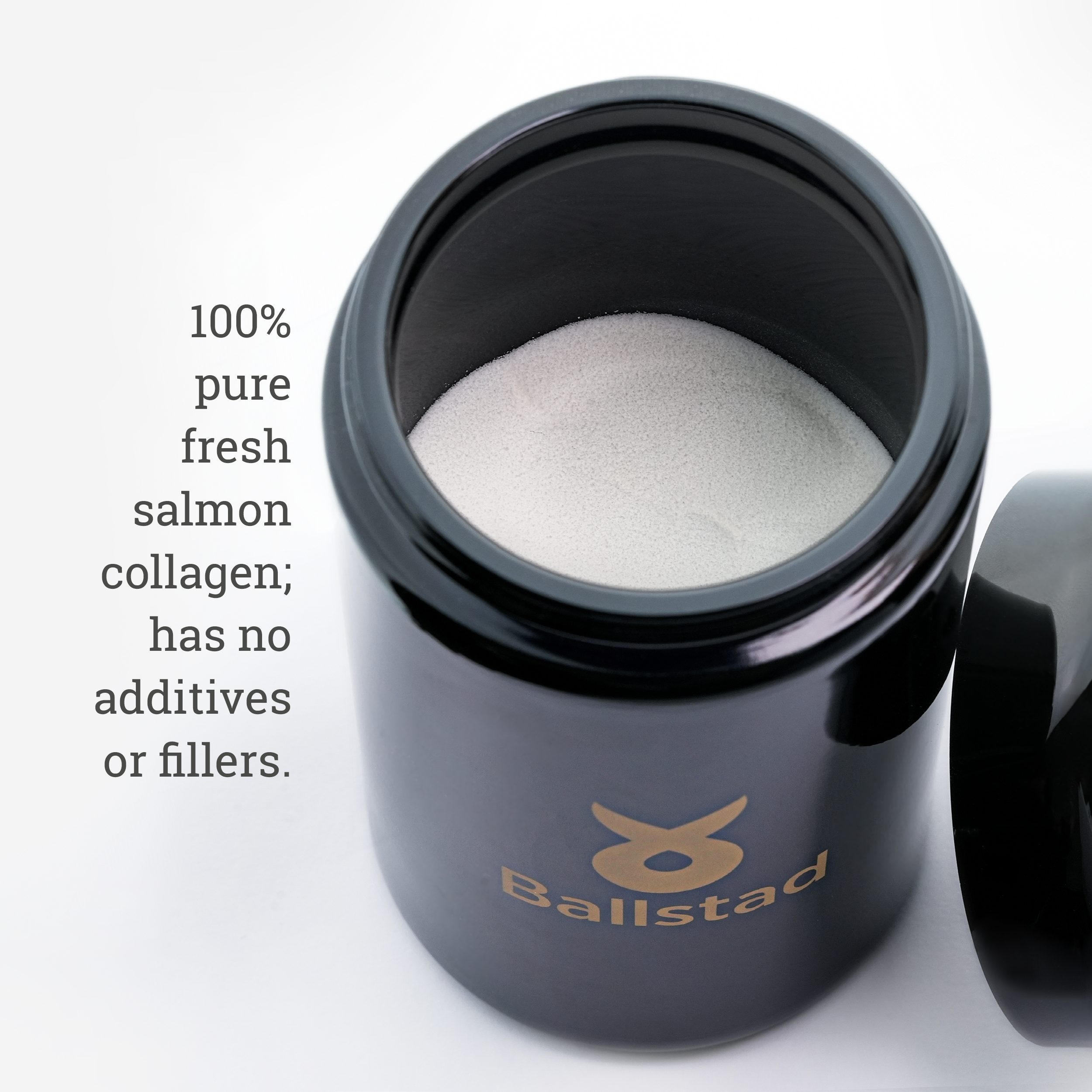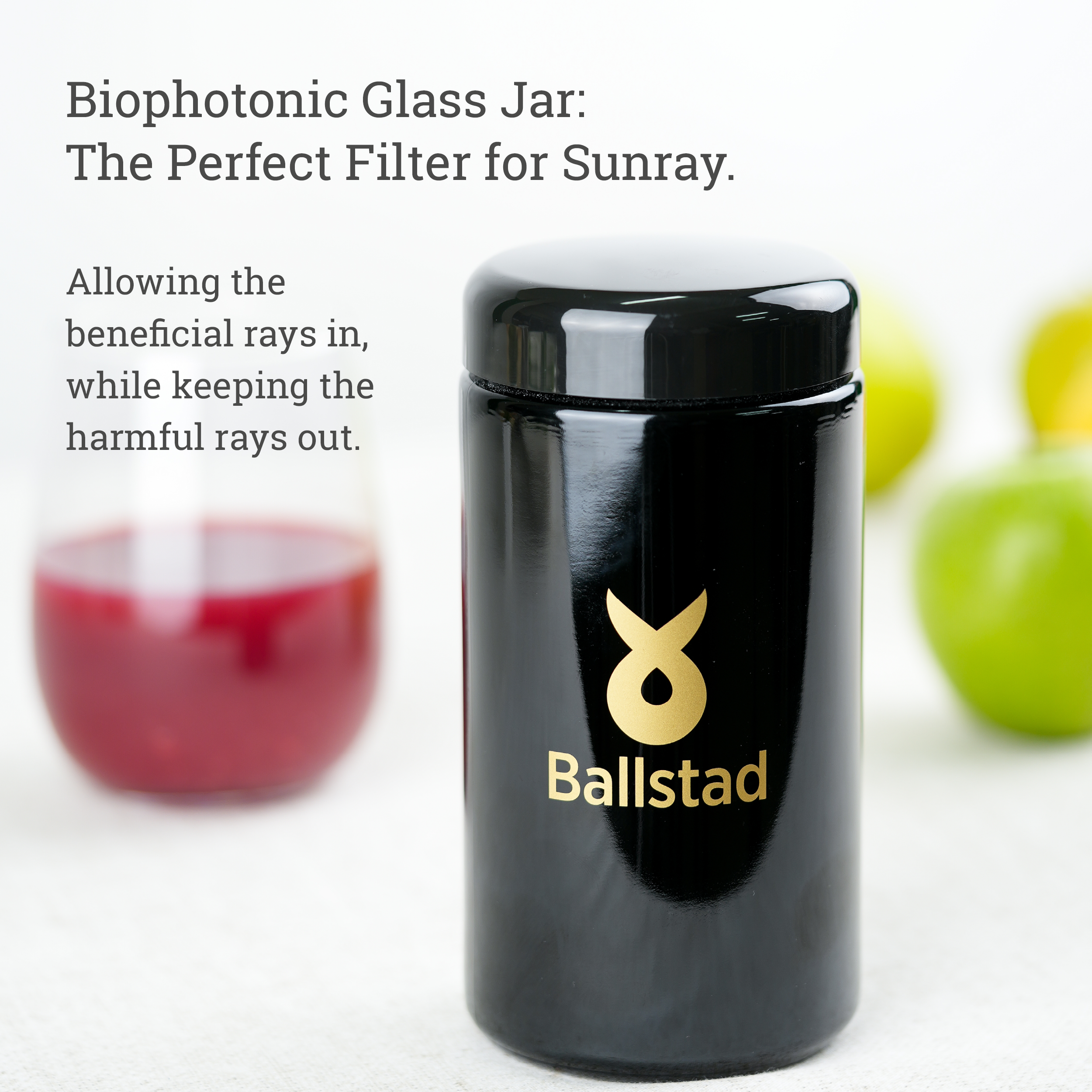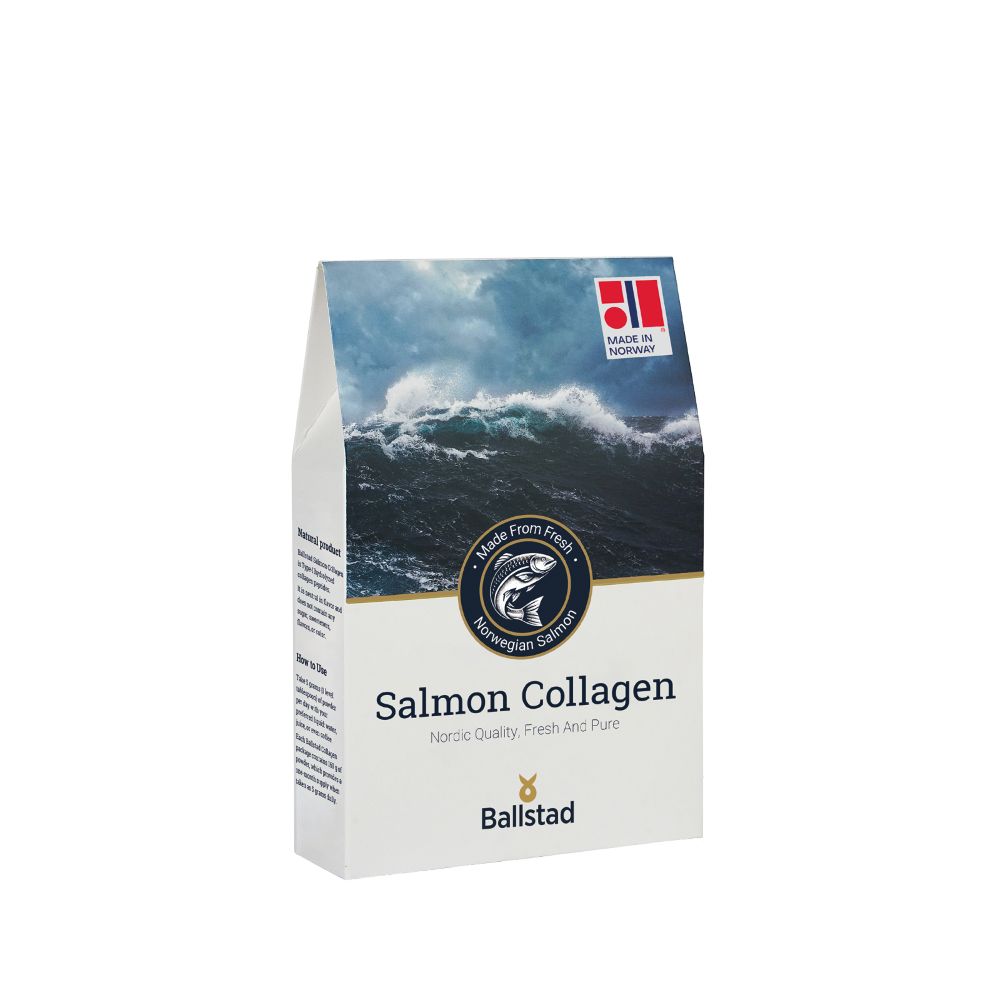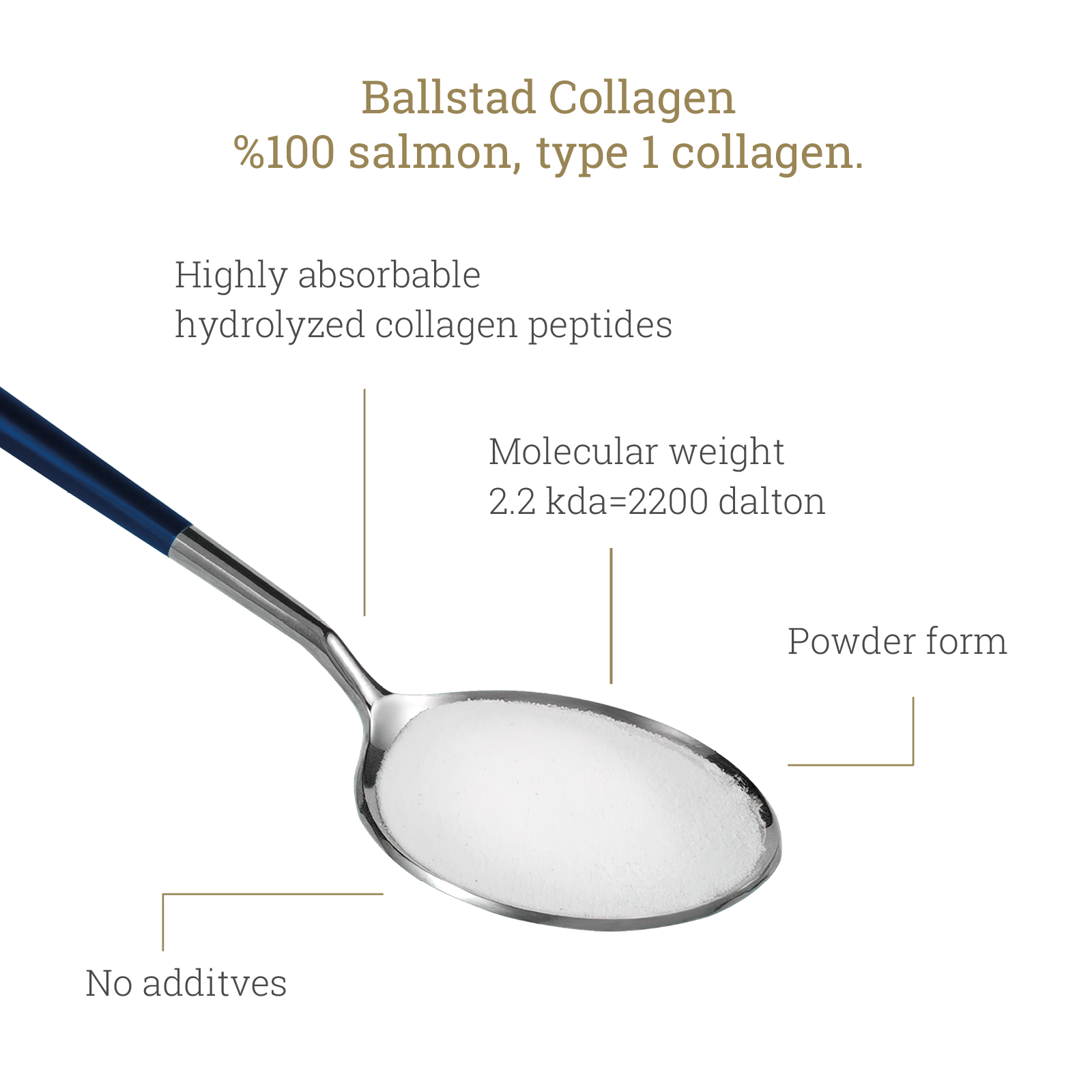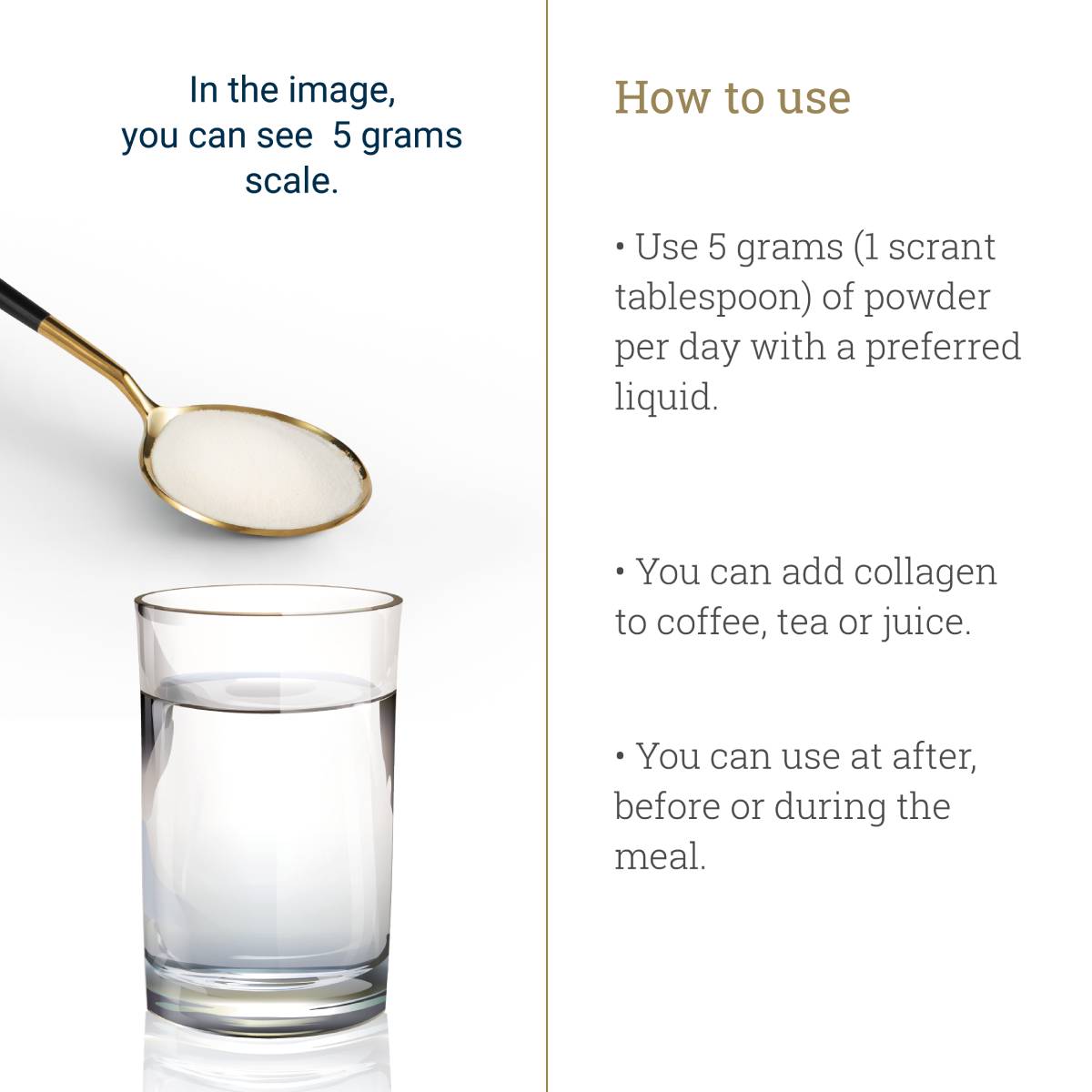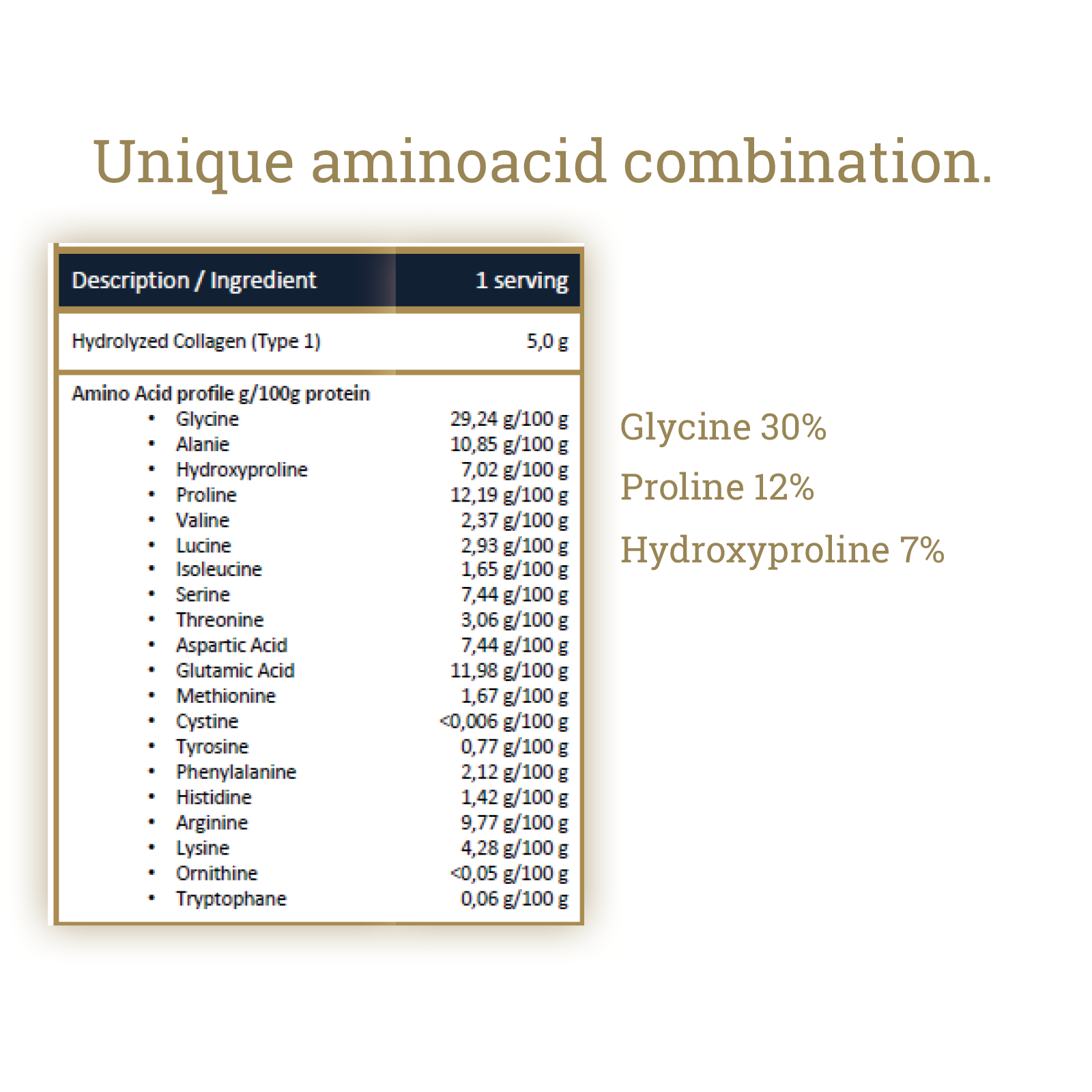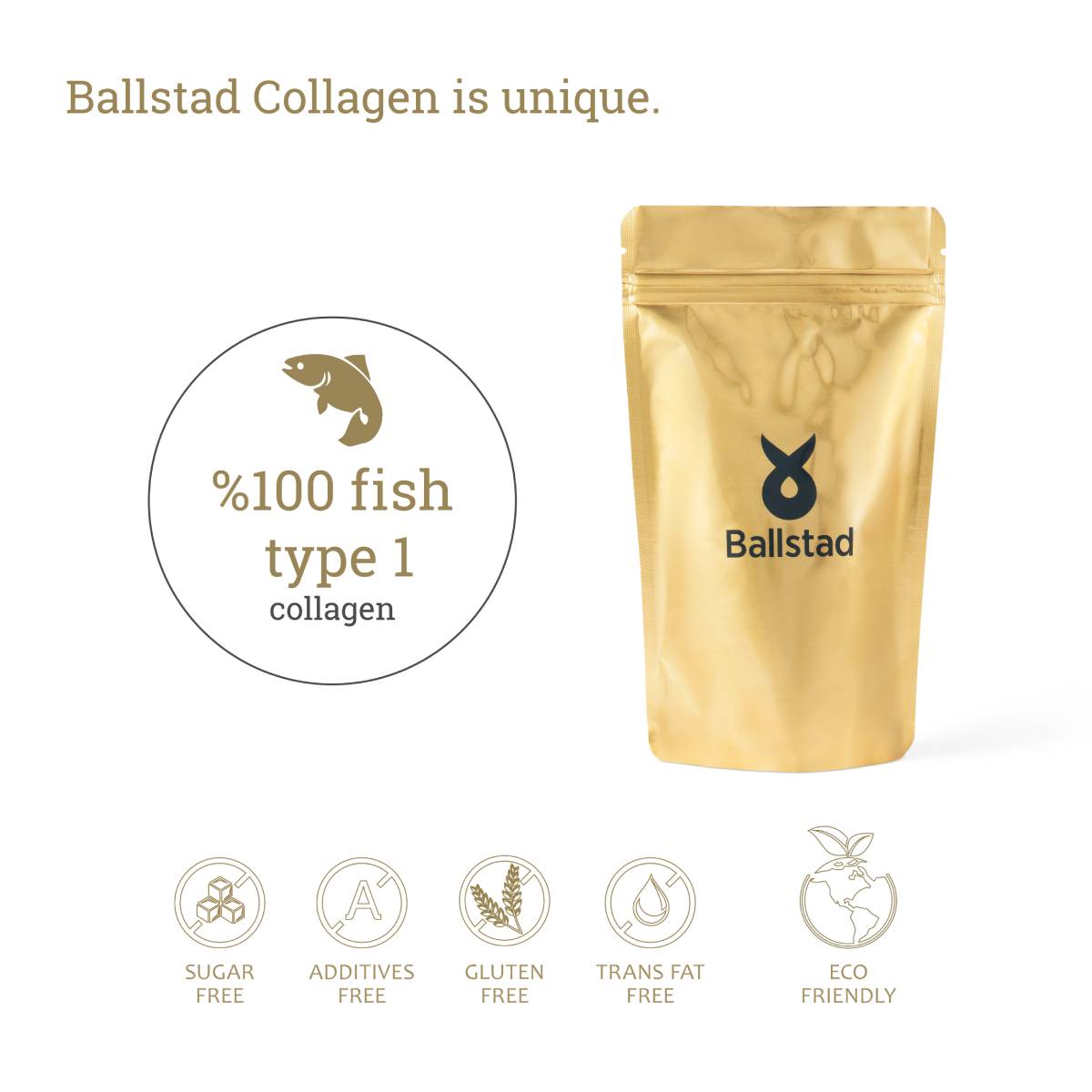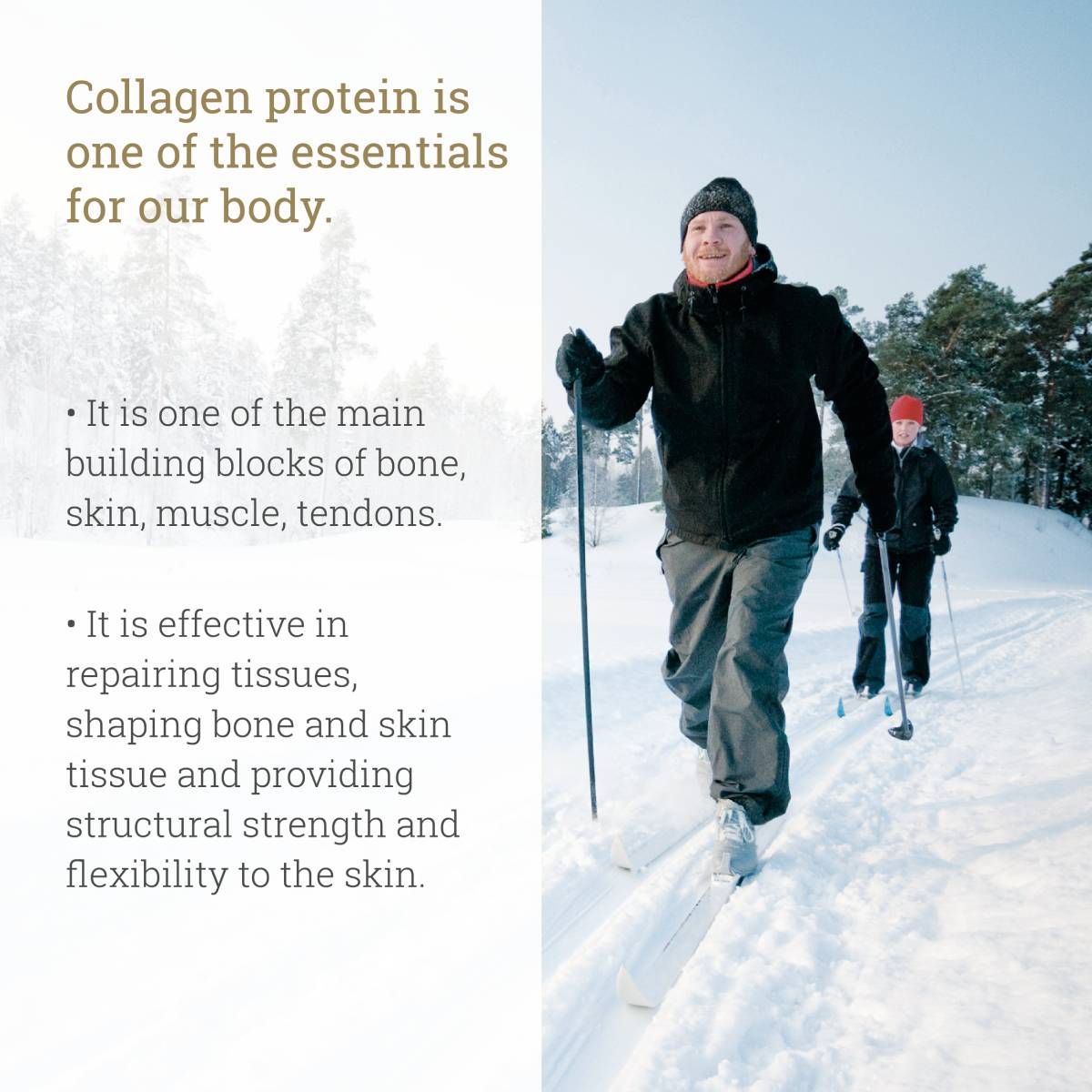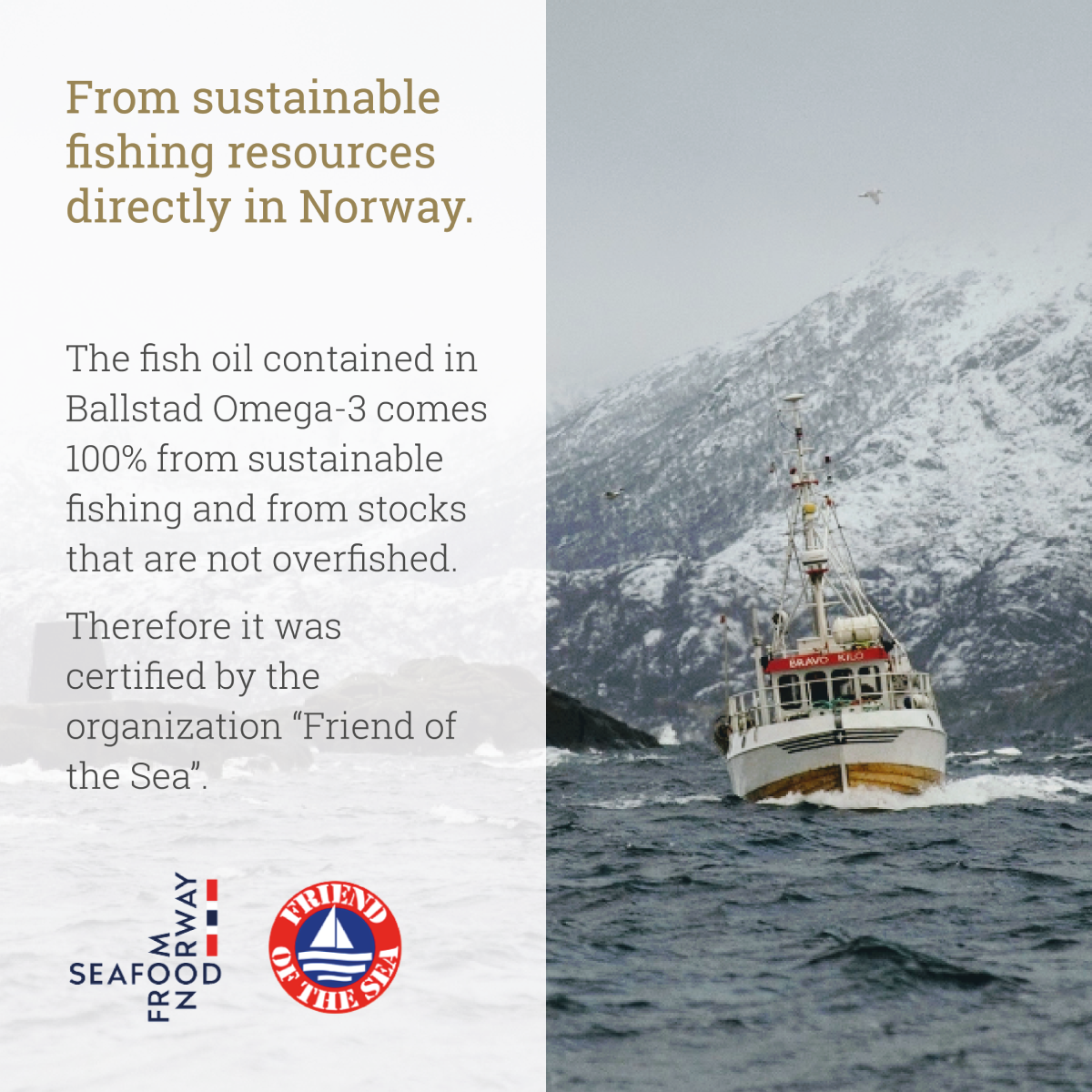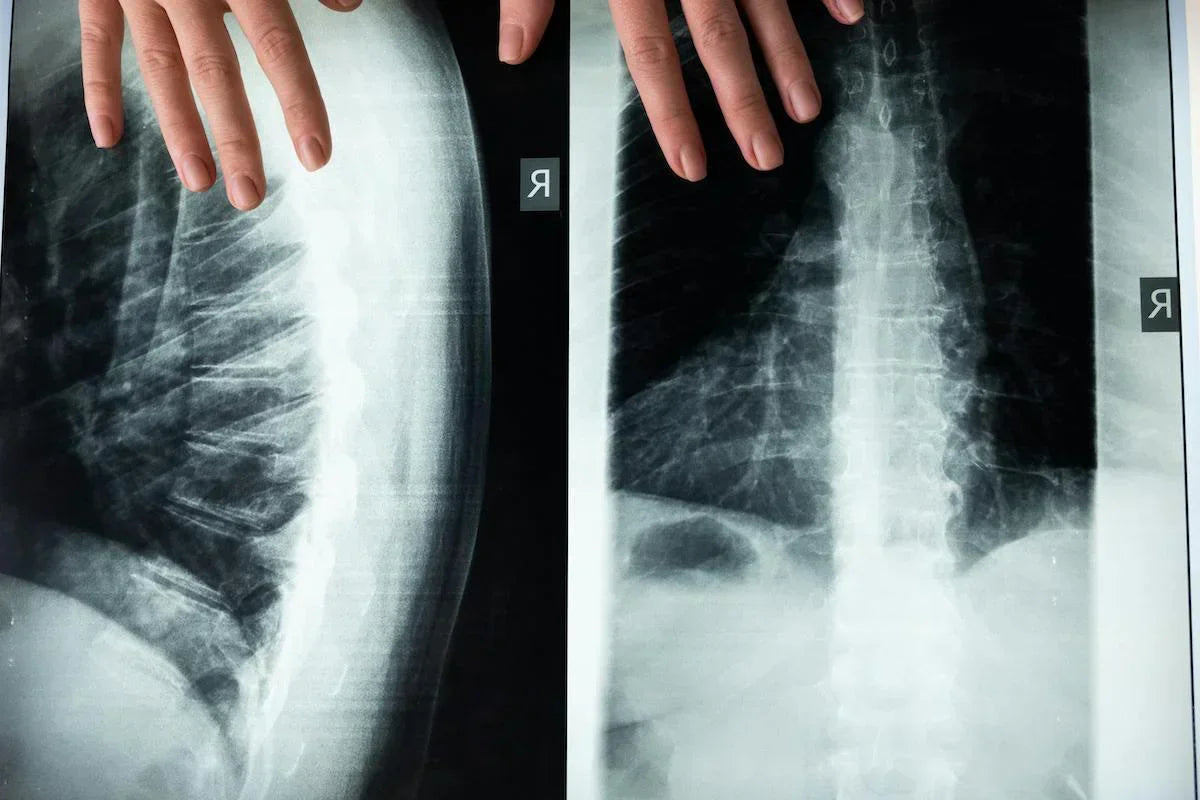When people talk about staying youthful and energized, collagen is almost always part of the conversation. Known as the “glue” that holds the body together, it supports everything from skin and bones to joints and gut health. While collagen powders and supplements are an excellent way to fill the gap, some of the best collagen boosters can actually be found in everyday foods.
Let’s explore natural collagen-rich foods—and the nutrients that help your body produce more of it—so you can fuel your health from the inside out.
Foods That Contain Collagen Directly
Bone Broth: Comfort Food with Benefits
Slow-simmered bone broth is rich in collagen, gelatin, and amino acids. It’s warming, nourishing, and provides building blocks for skin, joints, and digestive health. Sip it plain or use it as a base for soups and stews to give your body a natural collagen boost.
Fish Skin and Scales: Marine Collagen at Its Best
For seafood lovers, fish skin and scales are packed with Type I collagen—the form that makes up most of your skin, bones, and blood vessels. Marine collagen, in particular, is prized for its easy absorption and gut-friendly qualities.
Chicken Skin and Cartilage
That crispy chicken skin or slow-cooked chicken feet? They’re rich in Type II collagen, which supports cartilage and joint health. Including these in your diet can provide extra support for mobility and flexibility.
Foods That Help Your Body Make More Collagen
Egg Whites
Egg whites don’t contain collagen directly, but they’re high in proline, an amino acid needed for collagen synthesis. They also supply sulfur, which plays a role in skin repair.
Vitamin C–Rich Fruits
Citrus fruits, strawberries, kiwis, and bell peppers are essential because collagen production depends on vitamin C. Adding a squeeze of lemon to water or a handful of berries to your breakfast helps your body produce and stabilize collagen.
Leafy Greens and Veggies
Spinach, kale, broccoli, and peppers are loaded with antioxidants that protect collagen from free-radical damage. They don’t just help build collagen—they help preserve it.
Key Minerals That Support Collagen
-
Zinc and Copper: Found in nuts, seeds, and shellfish, these minerals activate enzymes that form and stabilize collagen fibers.
-
Sulfur: Garlic, onions, and cruciferous vegetables like broccoli and cabbage provide sulfur, which aids collagen production and detox pathways.
Why Supplements Still Matter
Even with a collagen-rich diet, our body’s natural production starts to decline around the mid-20s. That’s why many people turn to collagen supplements for extra support.
Salmon collagen, derived from fish, is especially effective because it’s highly bioavailable, easy to digest, and particularly beneficial for skin, joints, and connective tissues.

